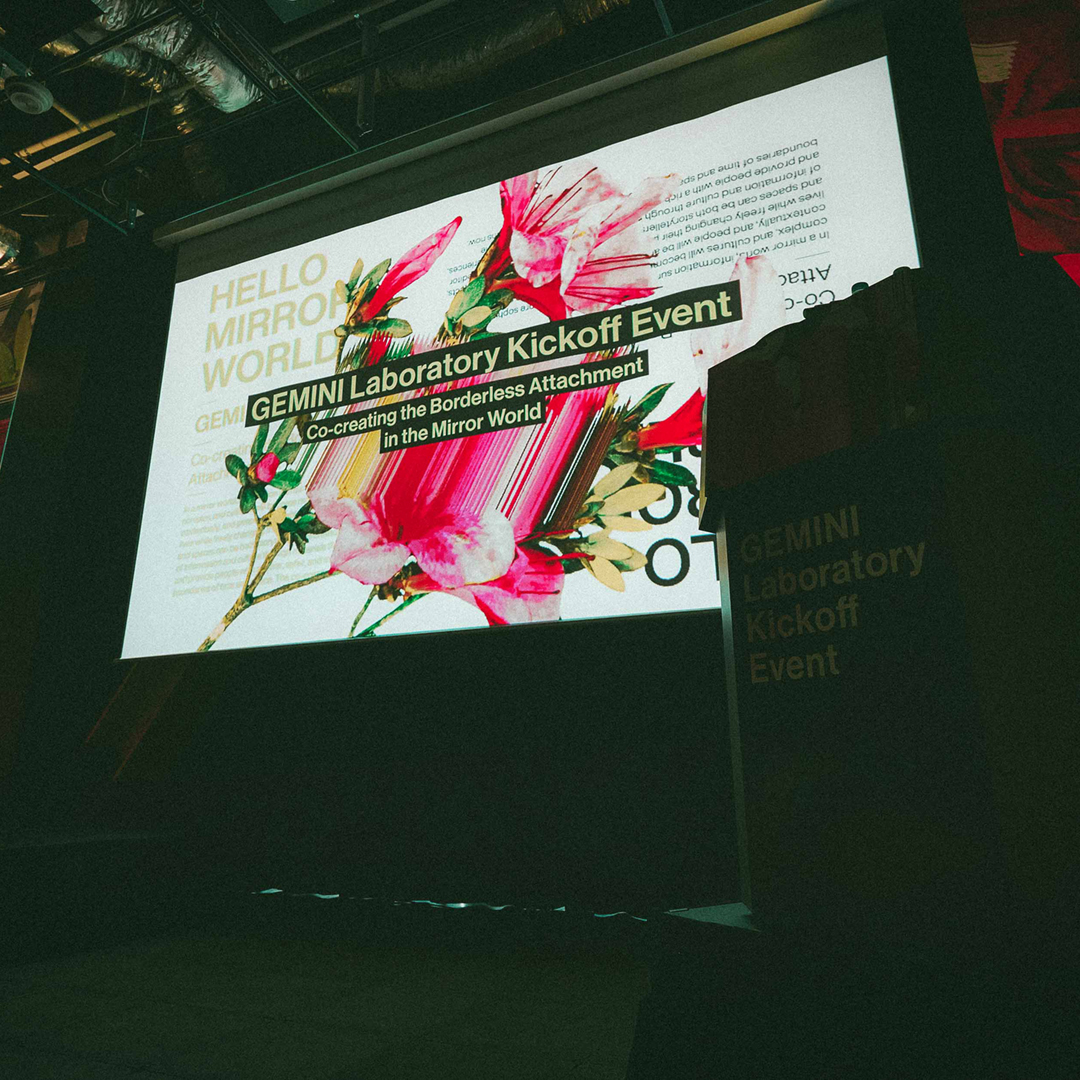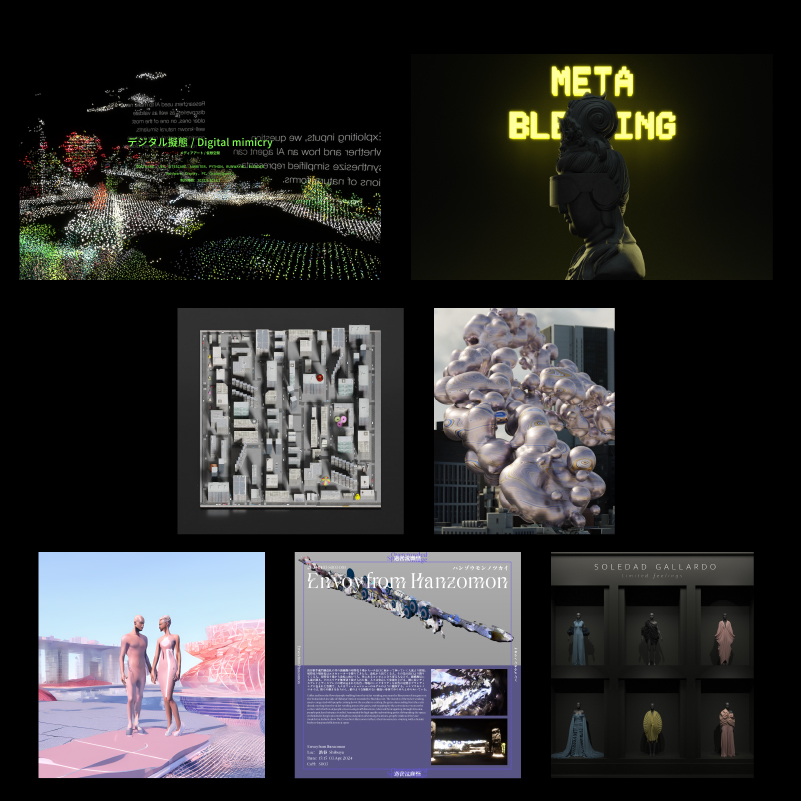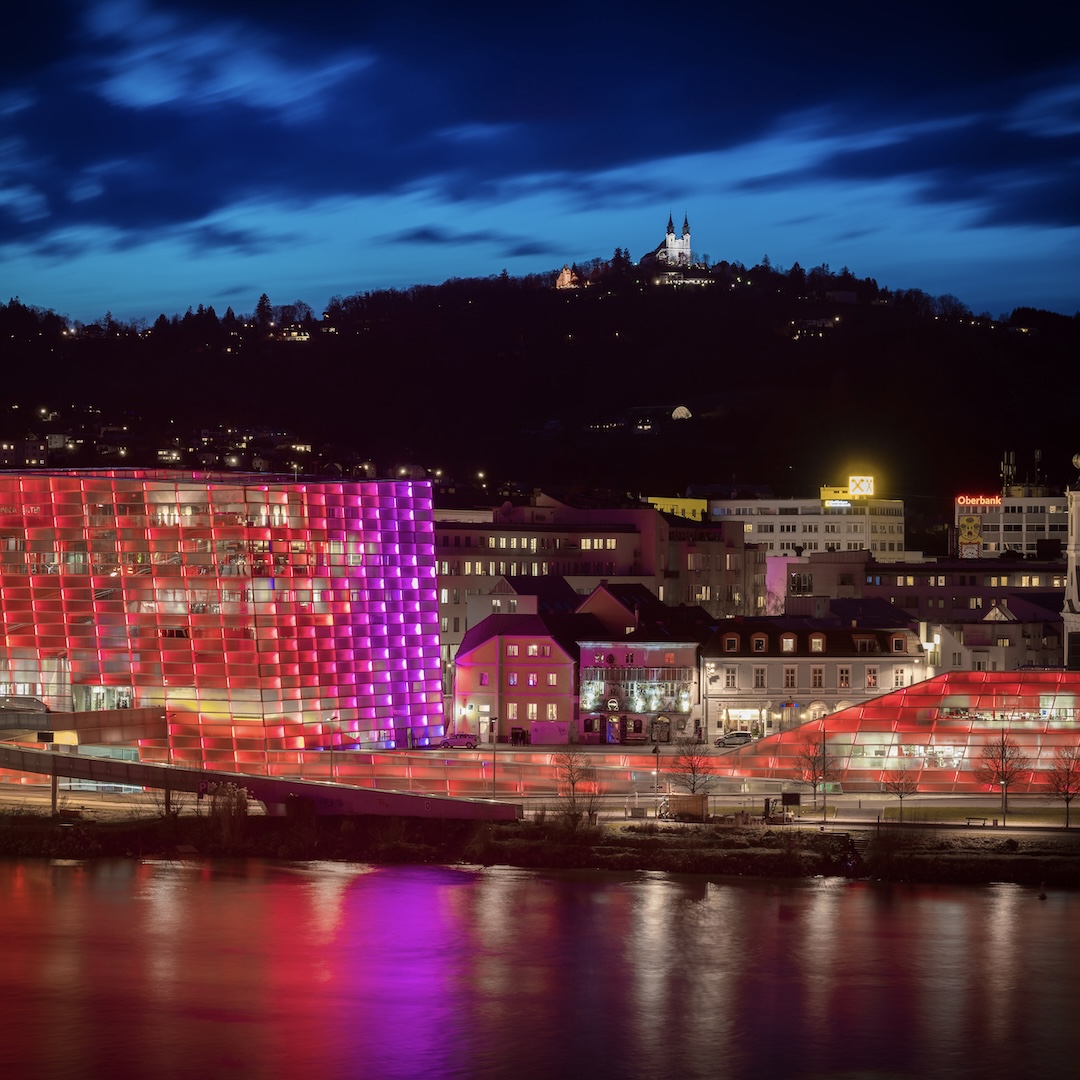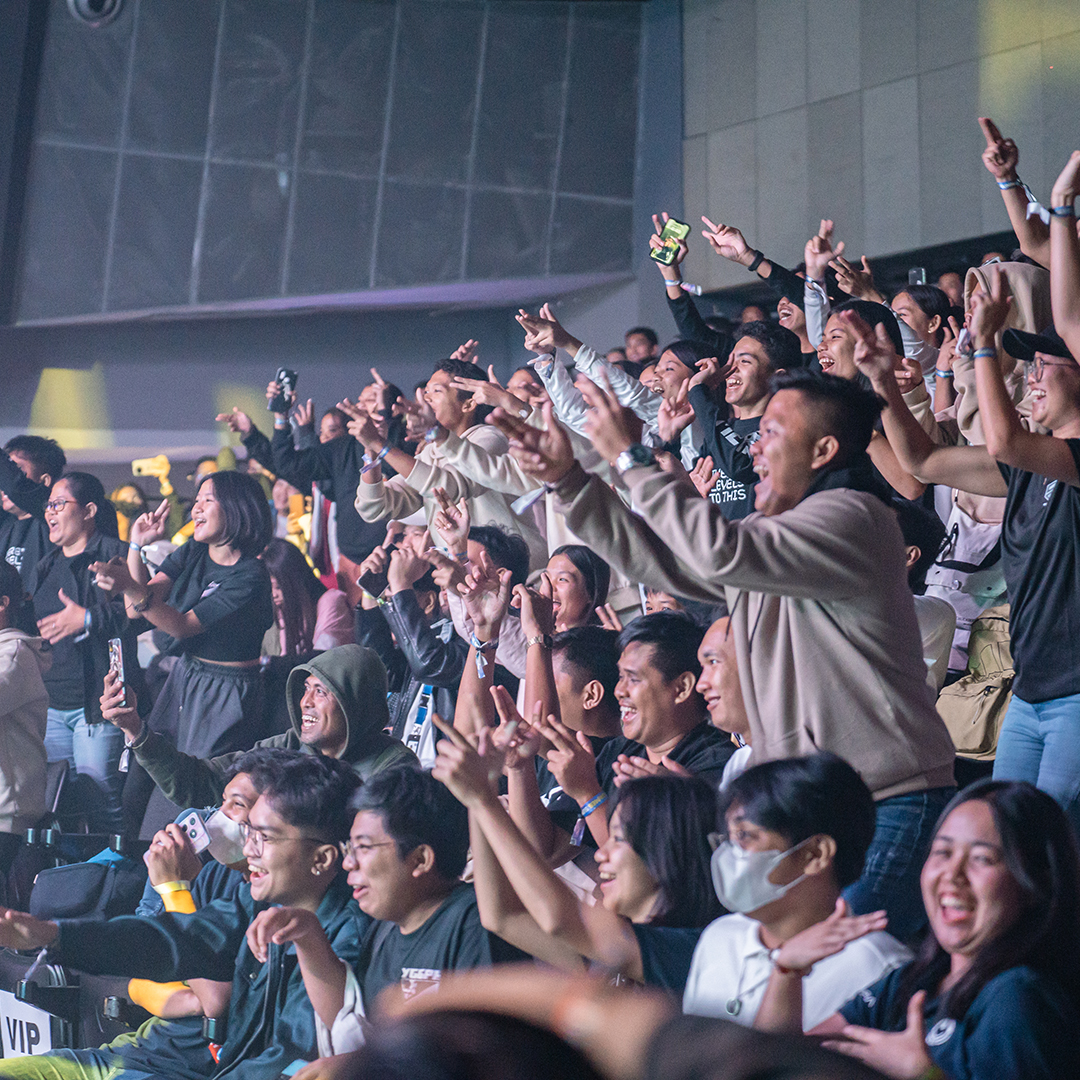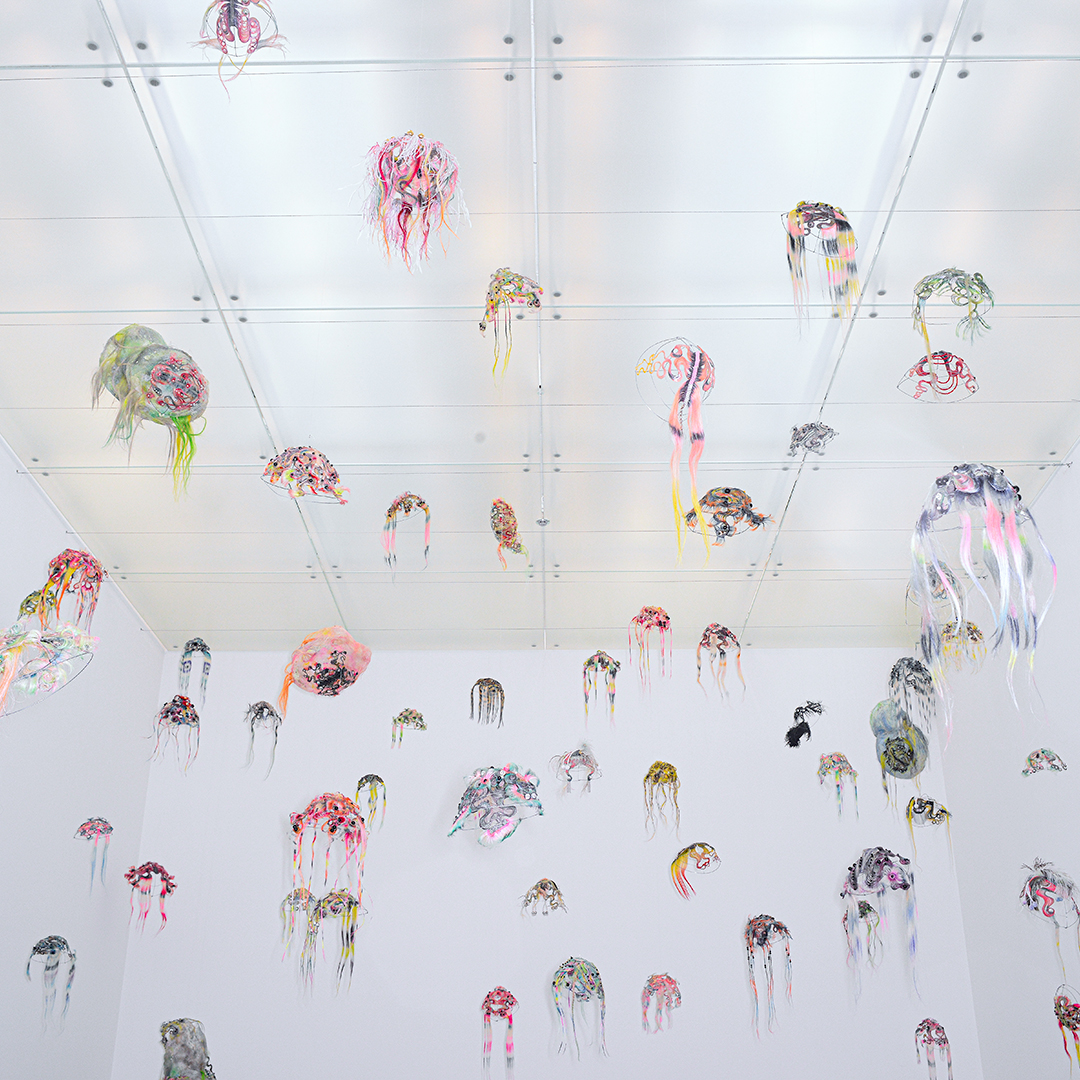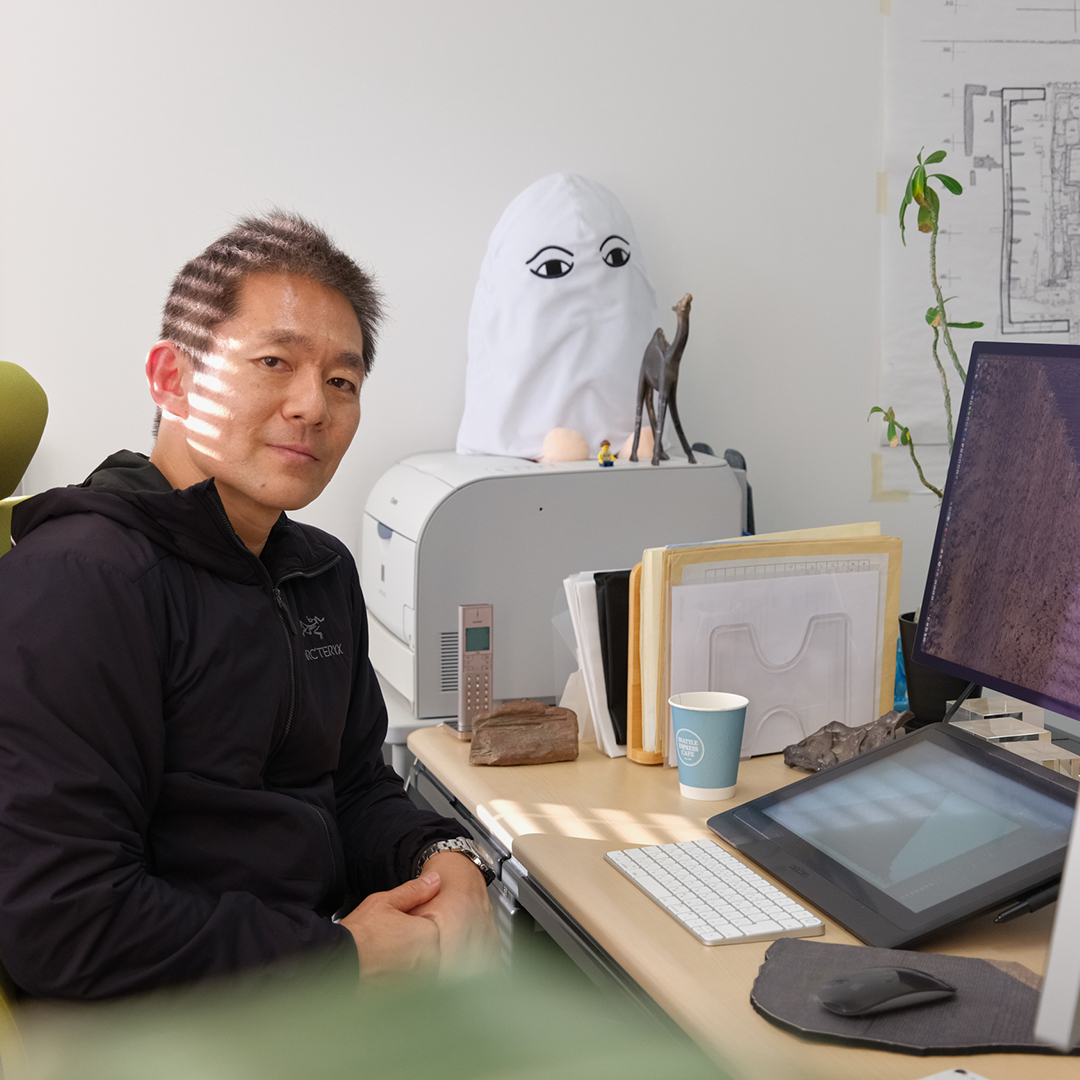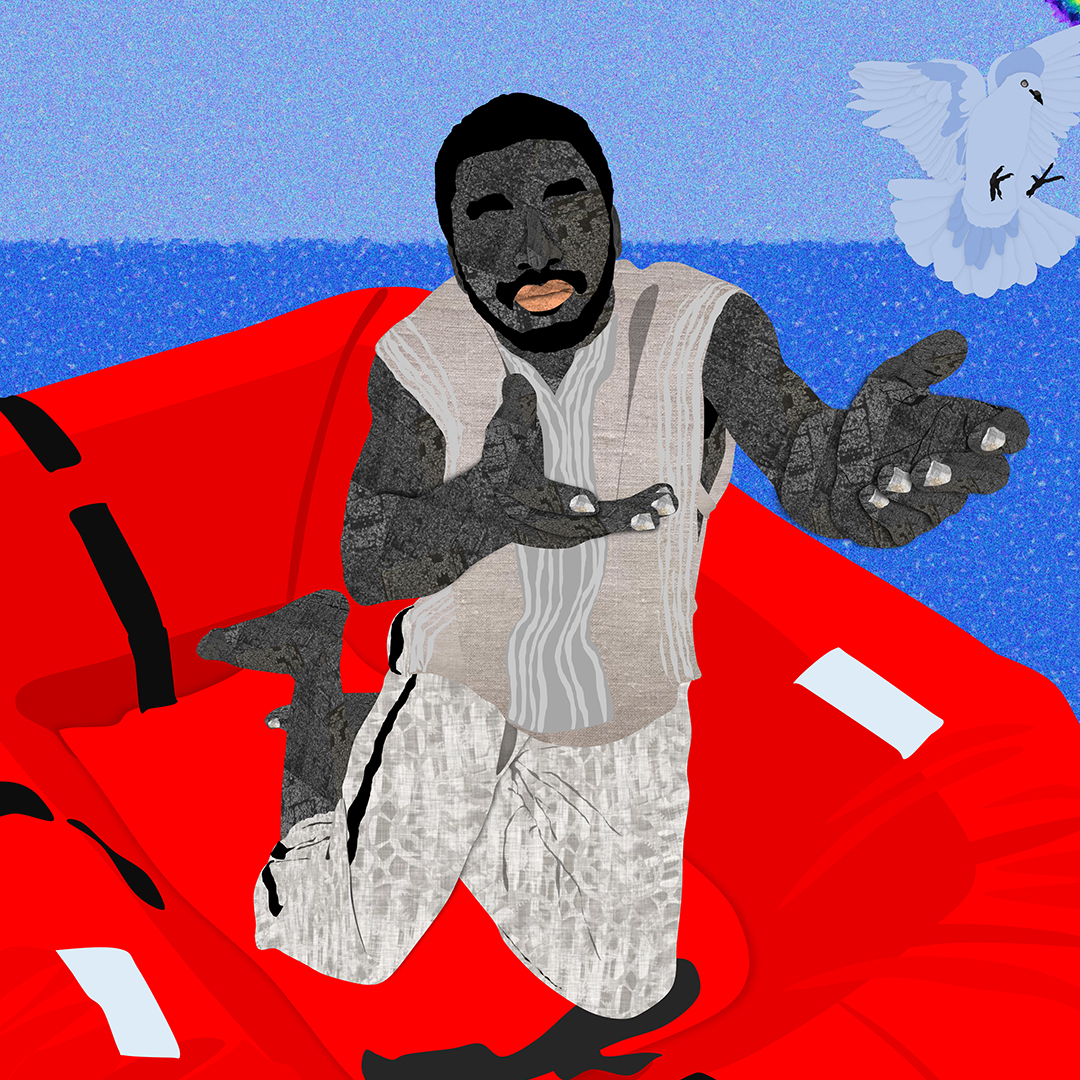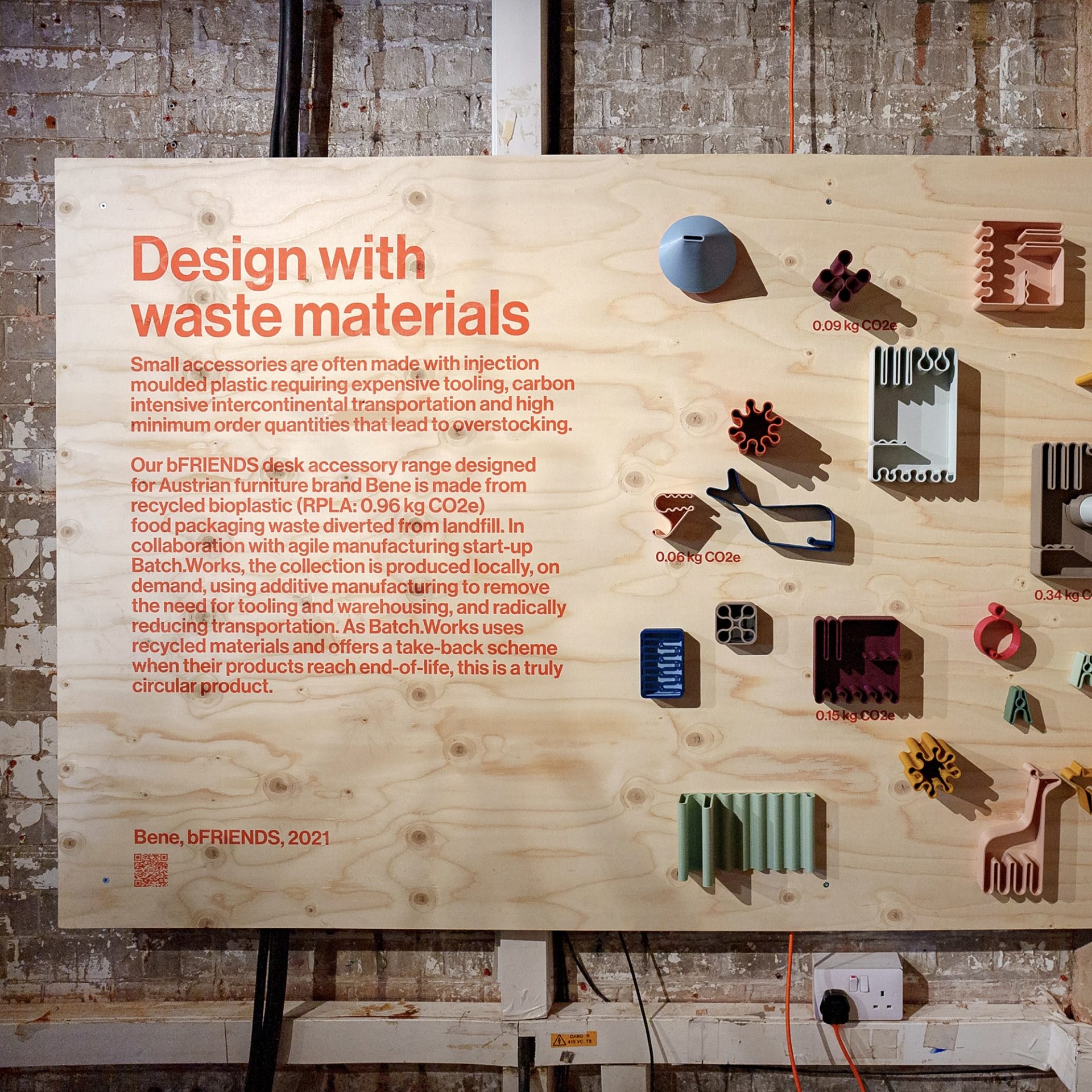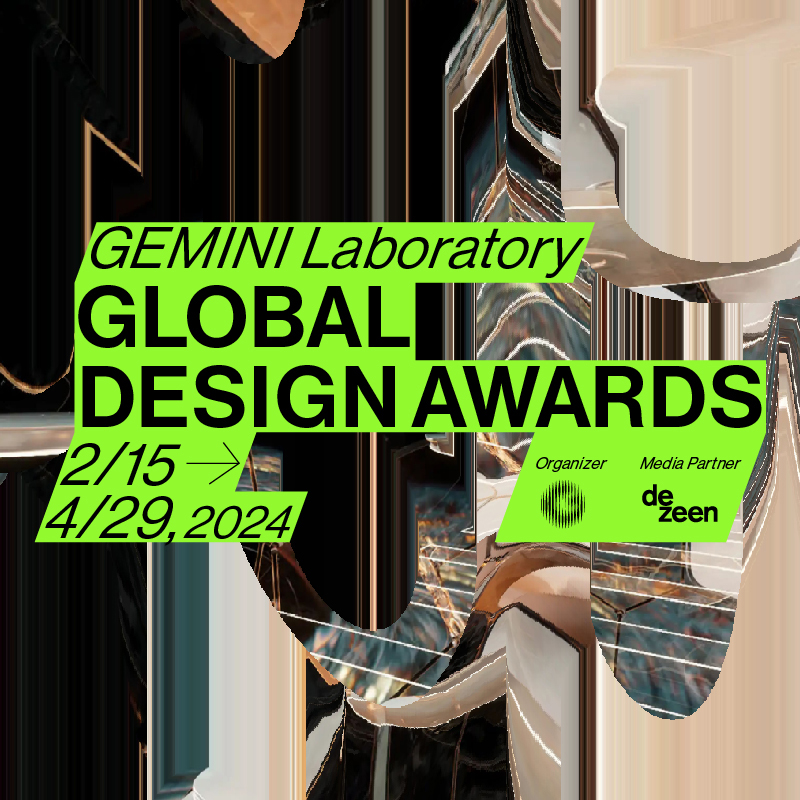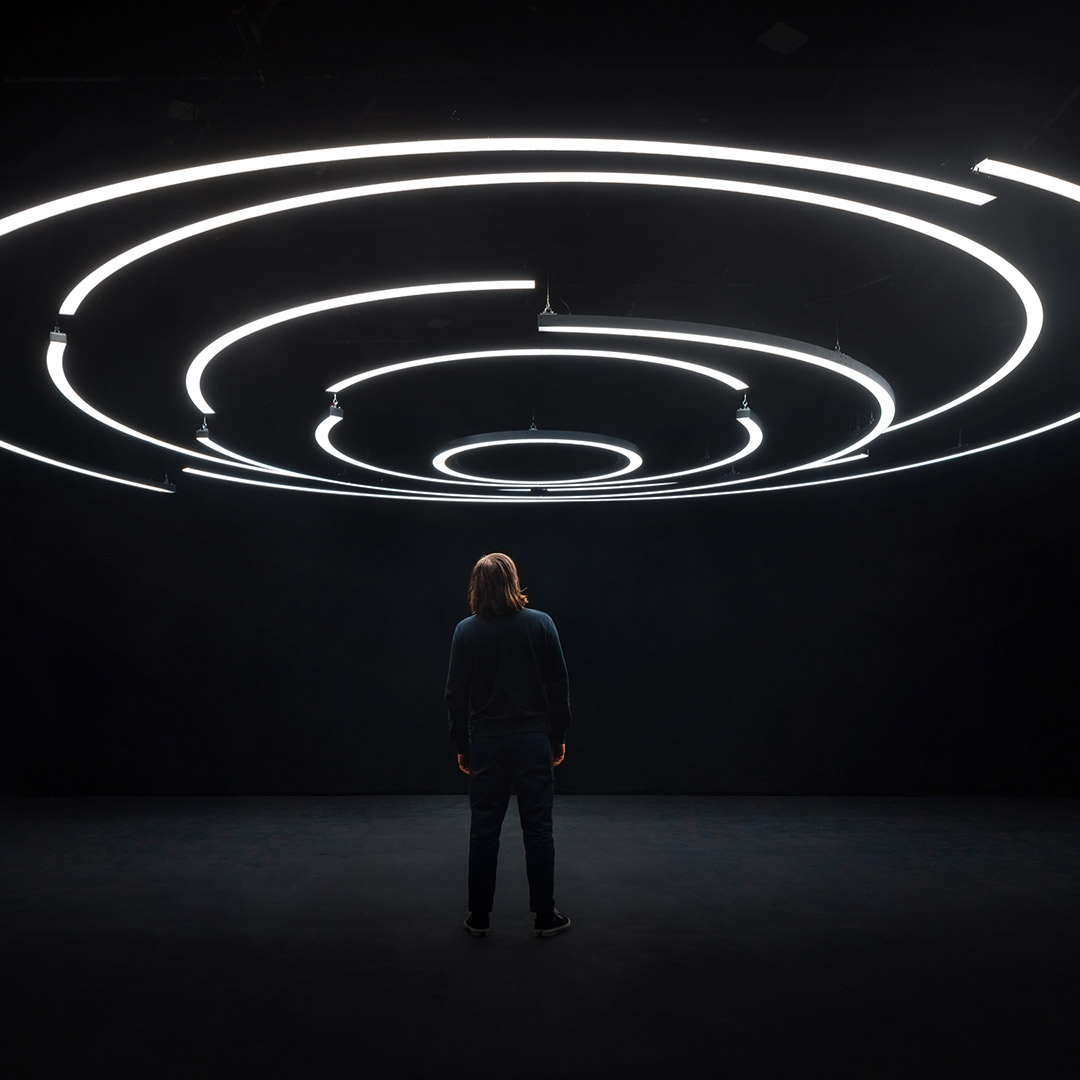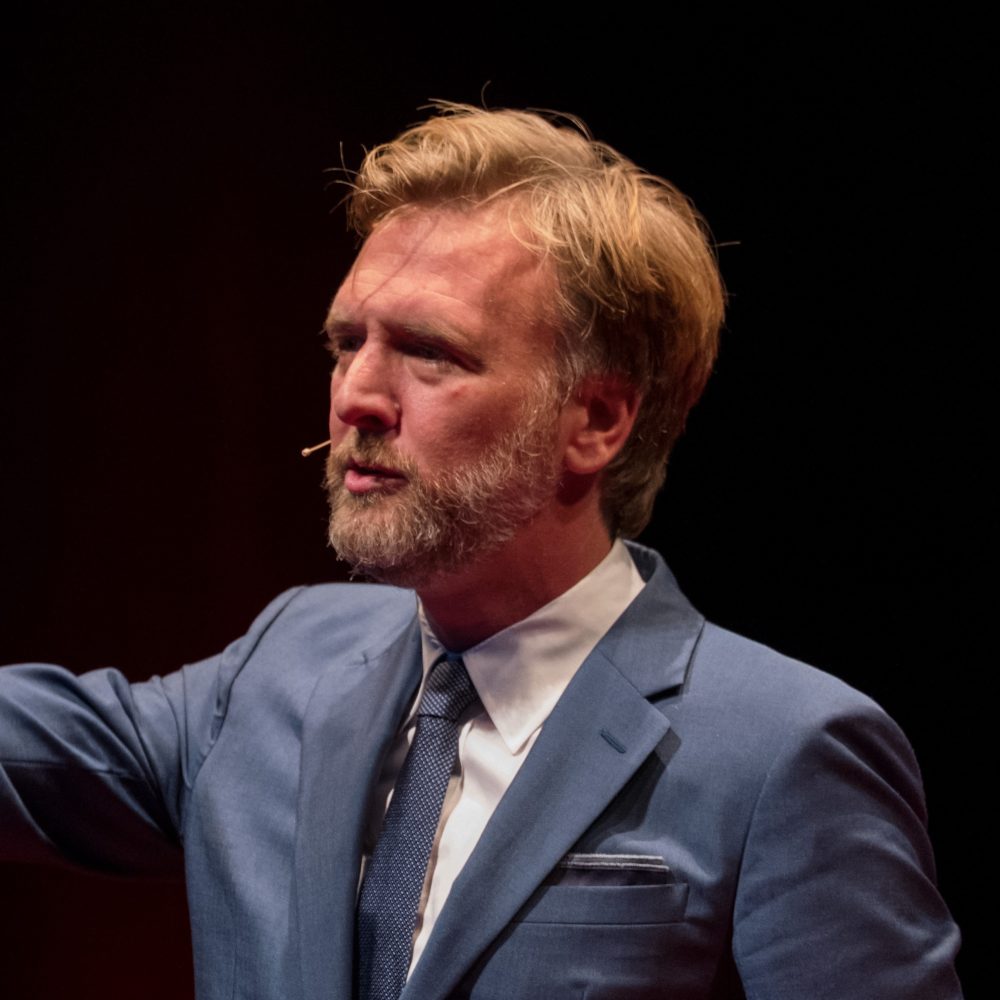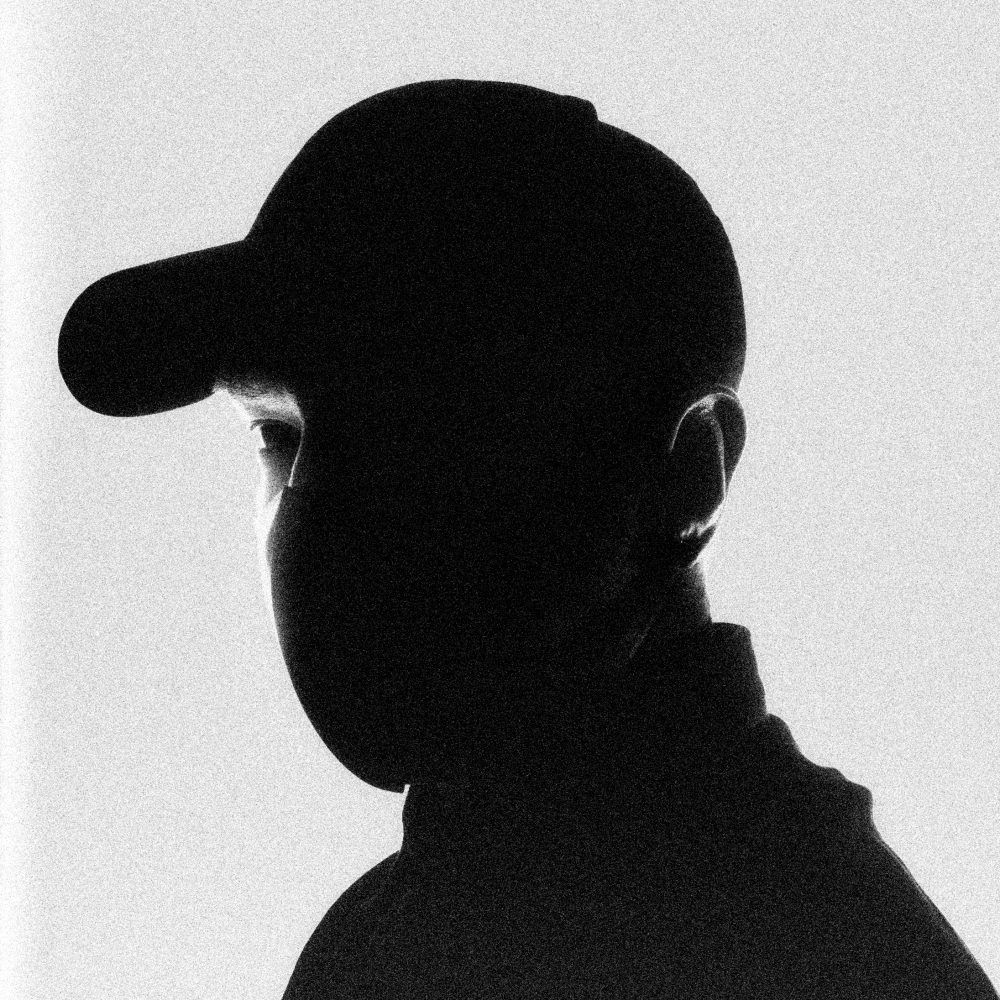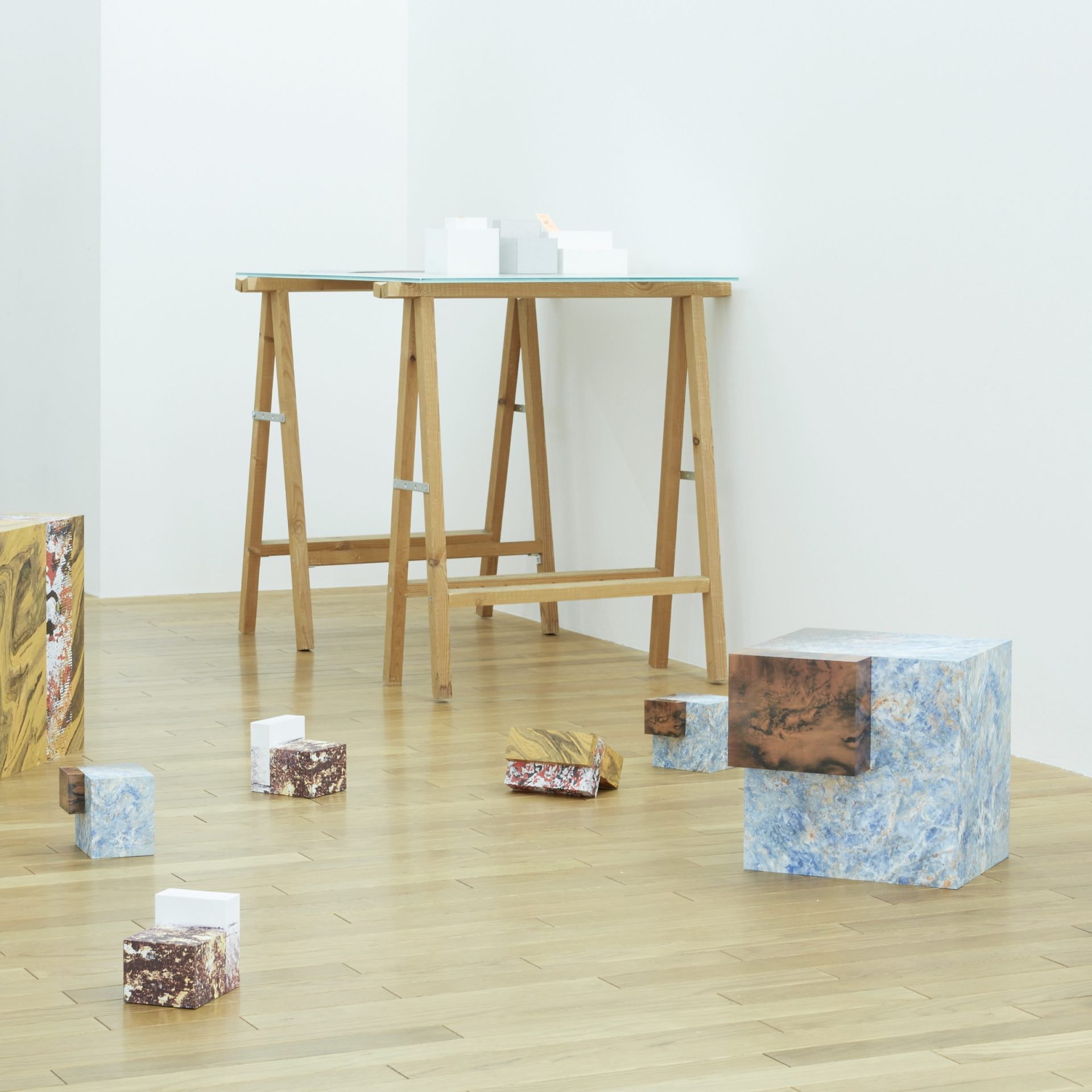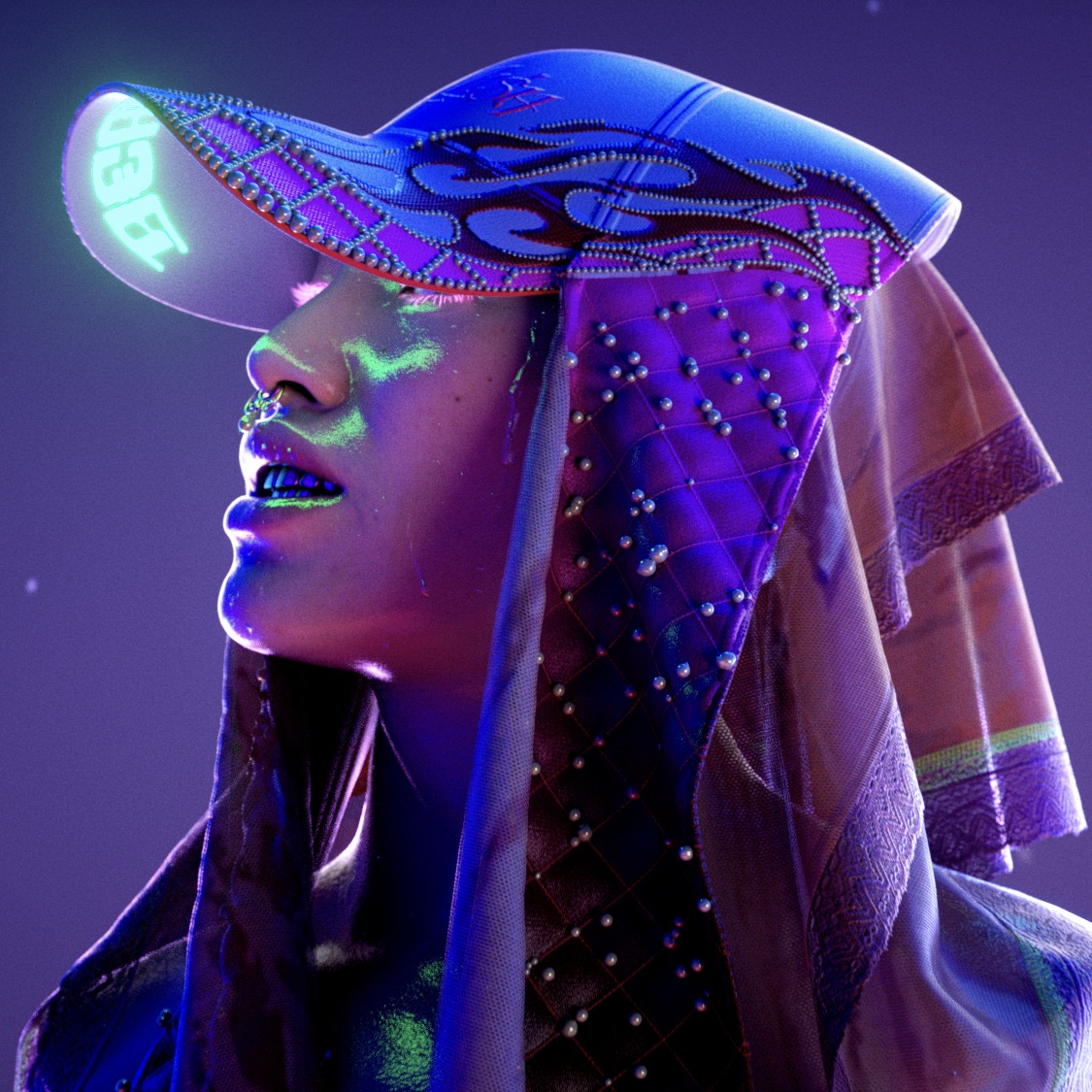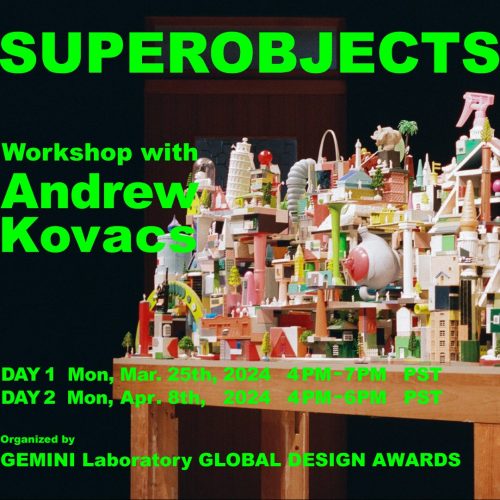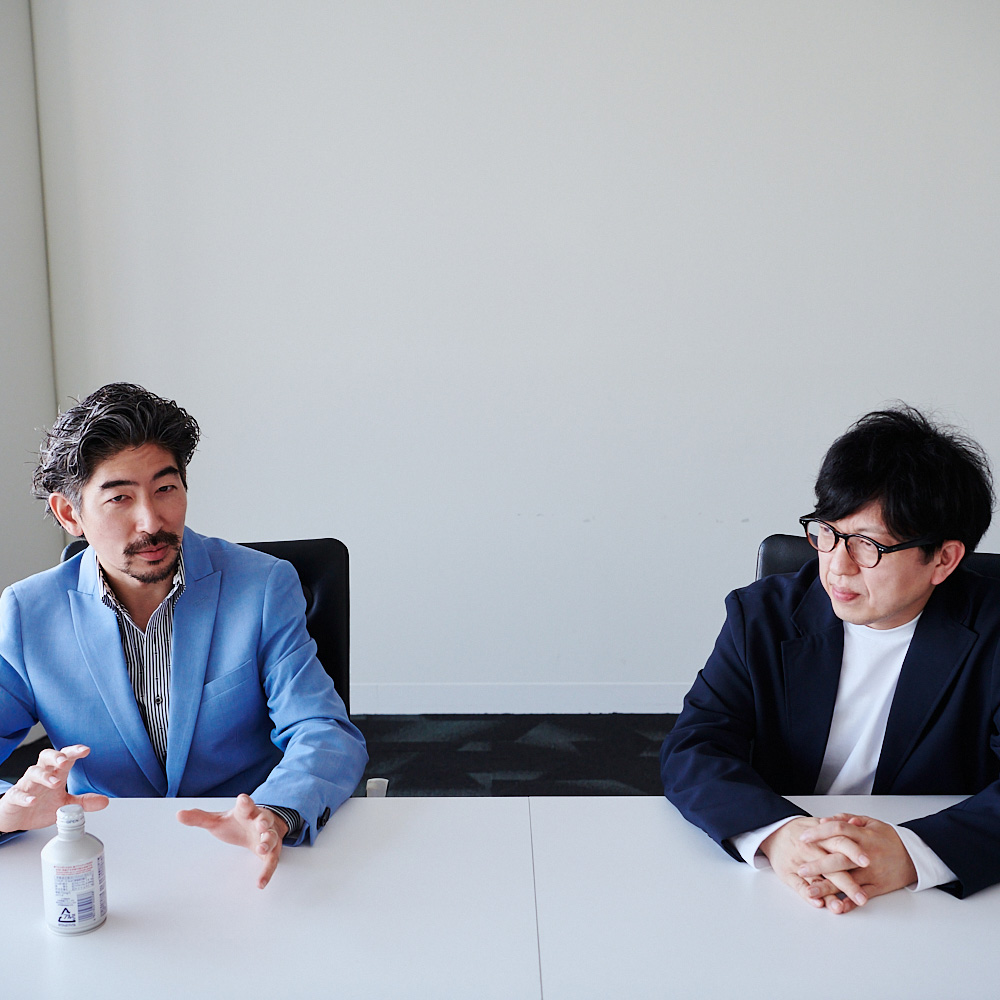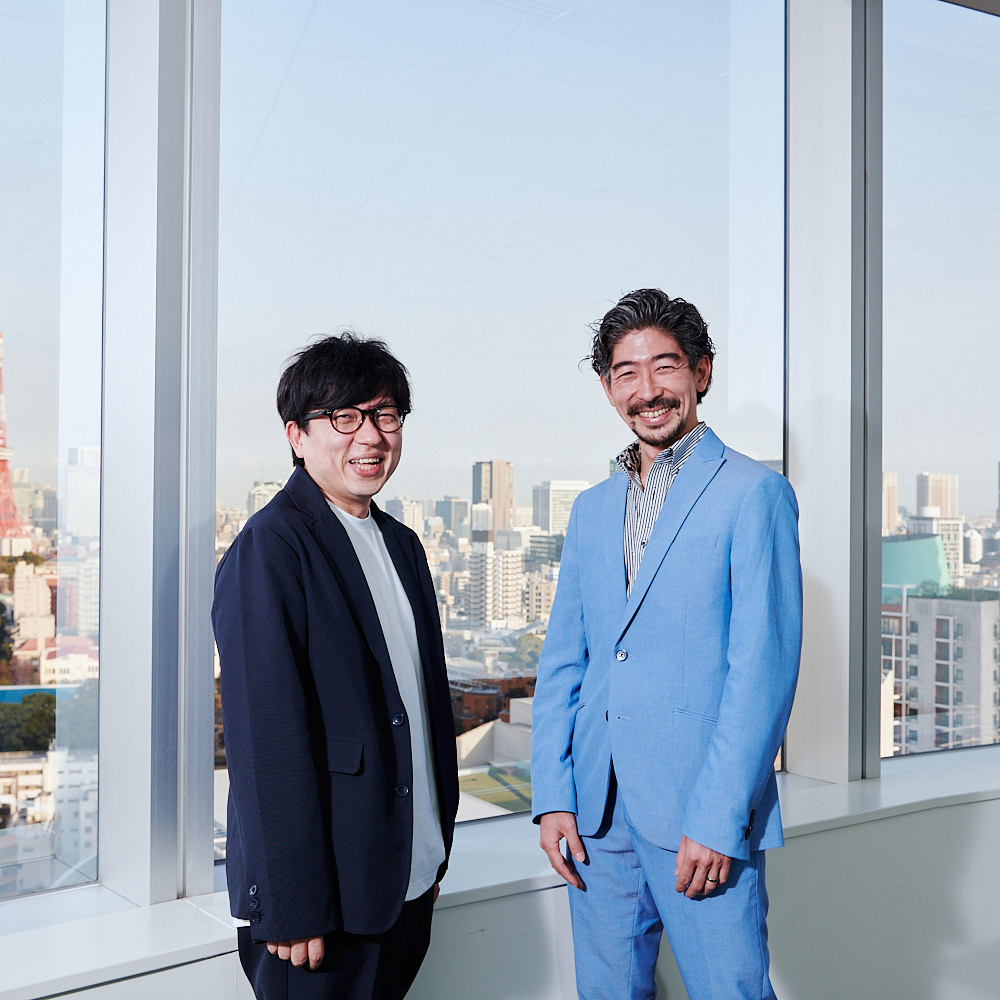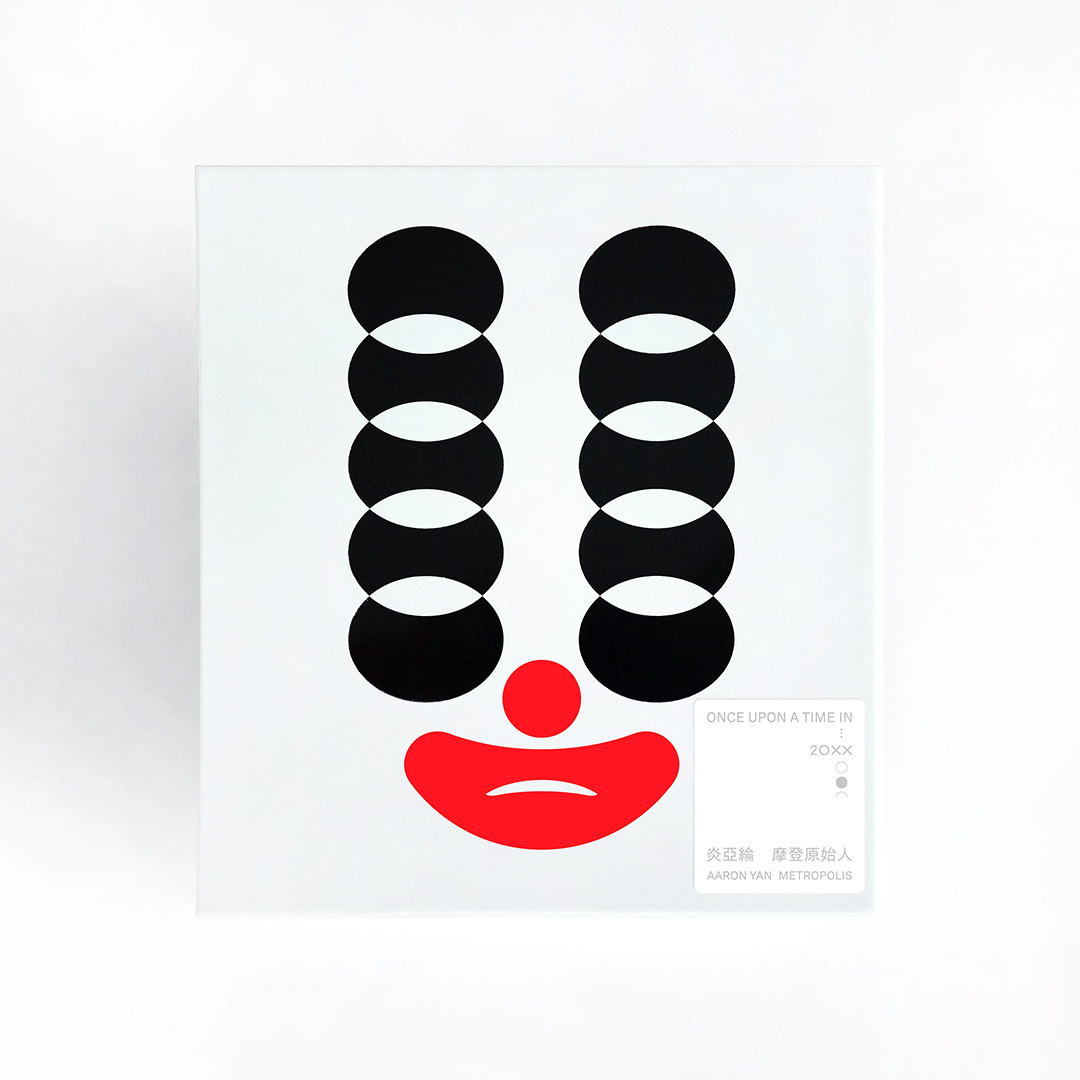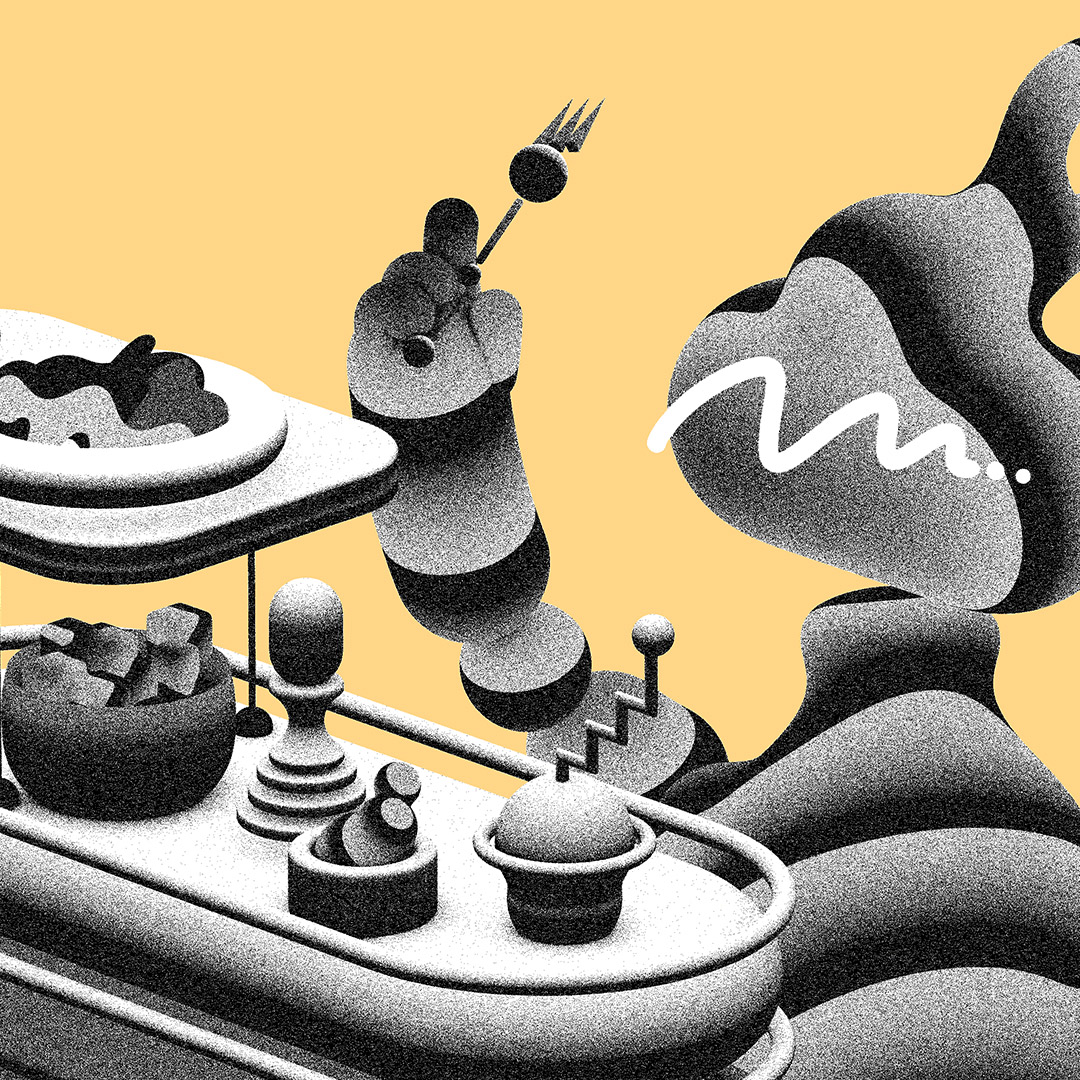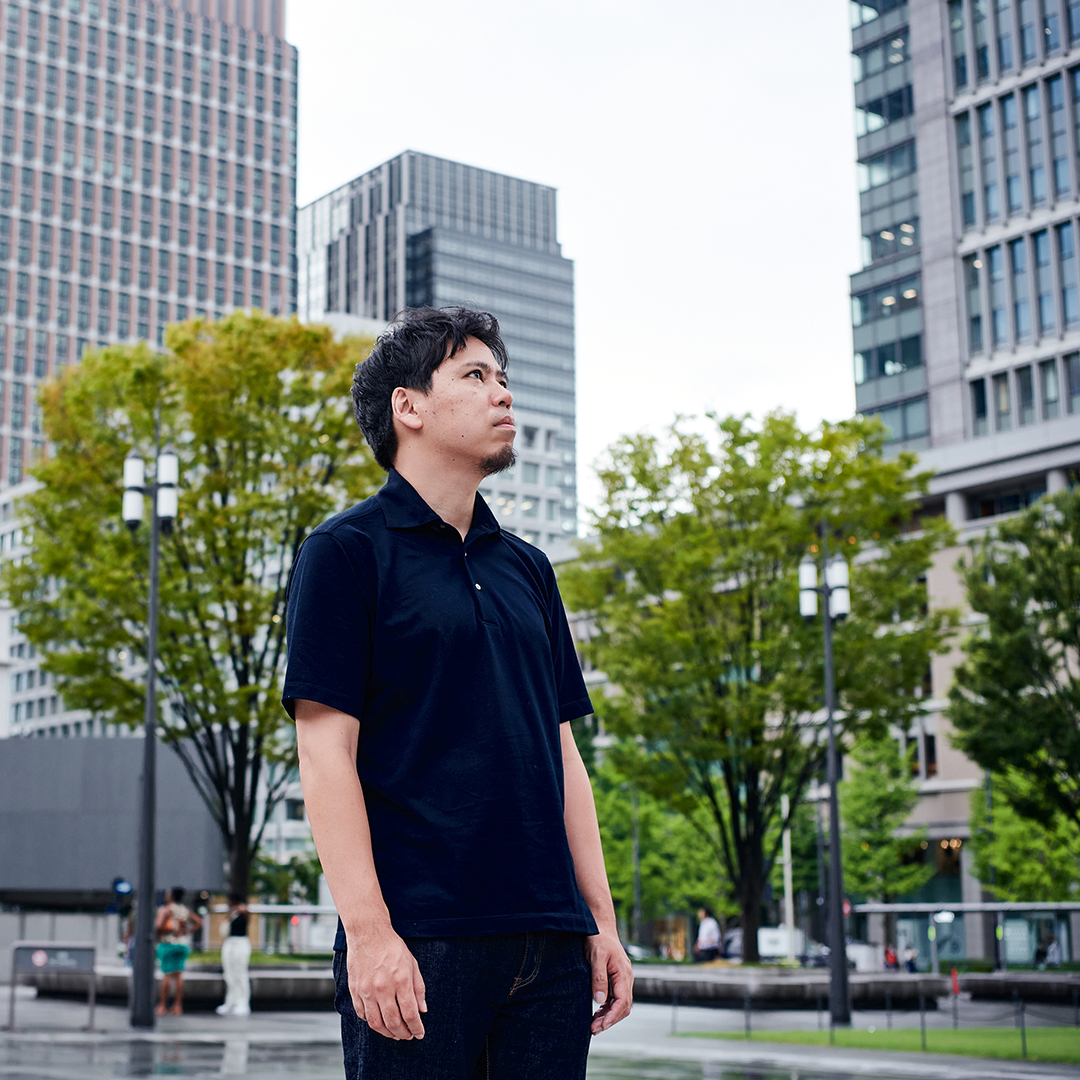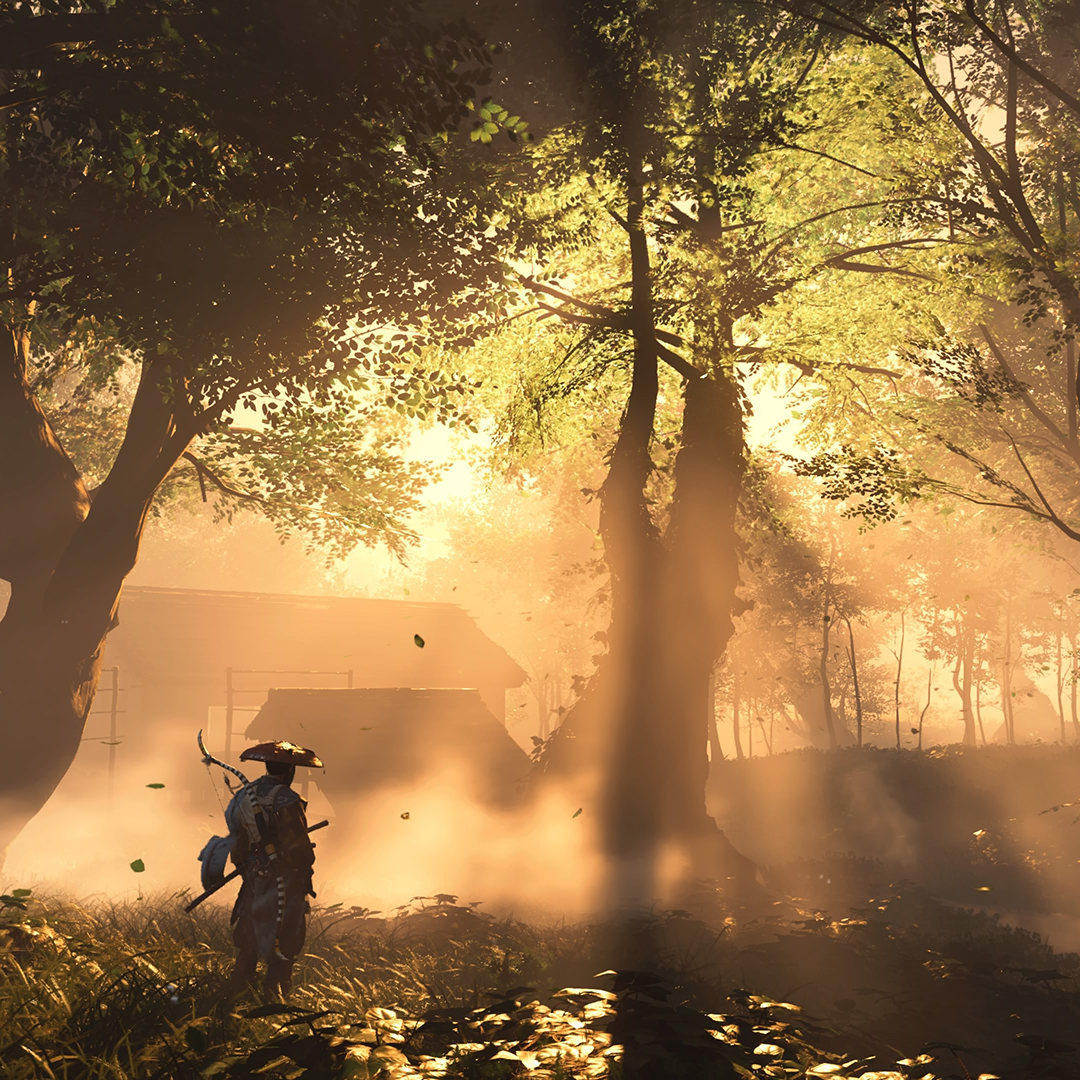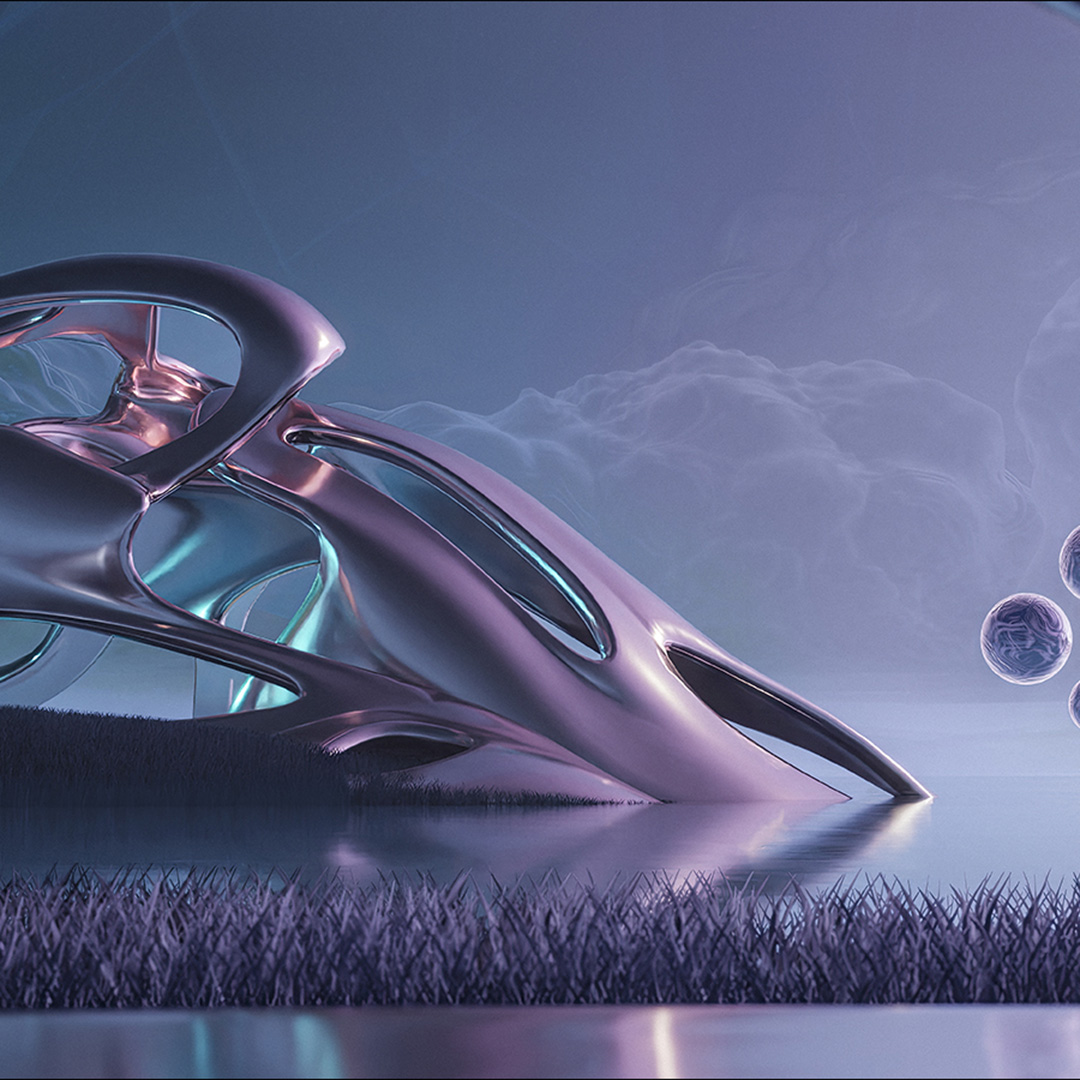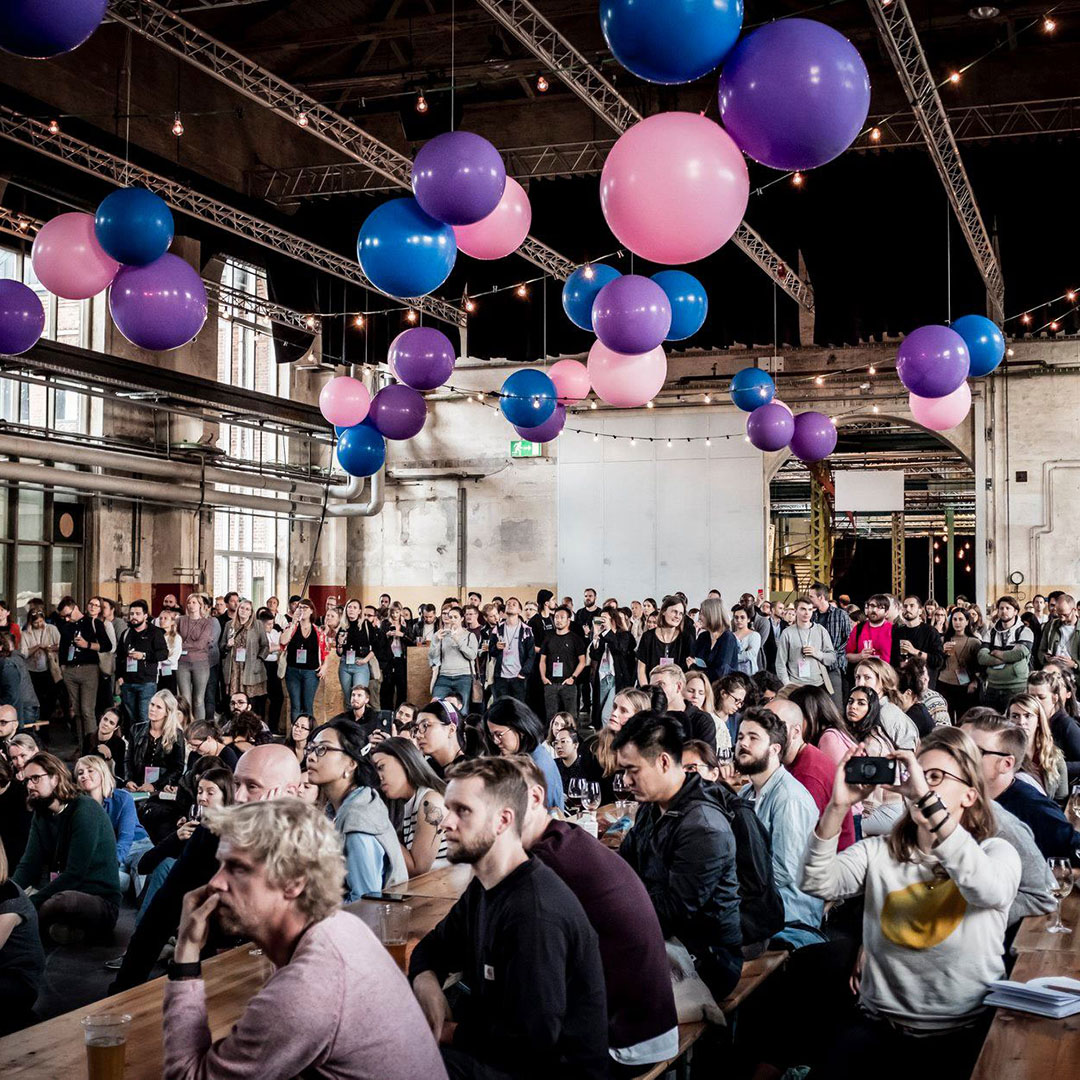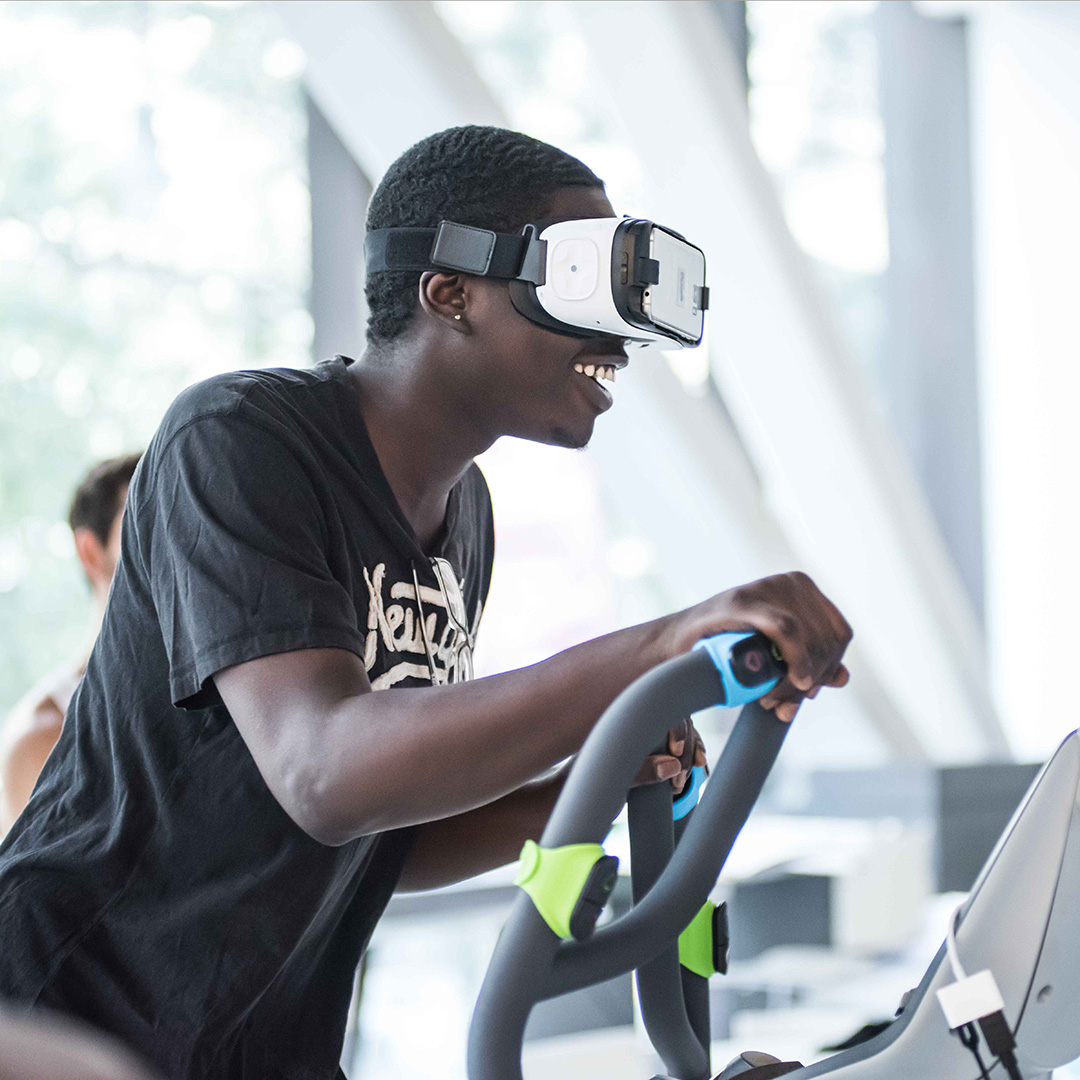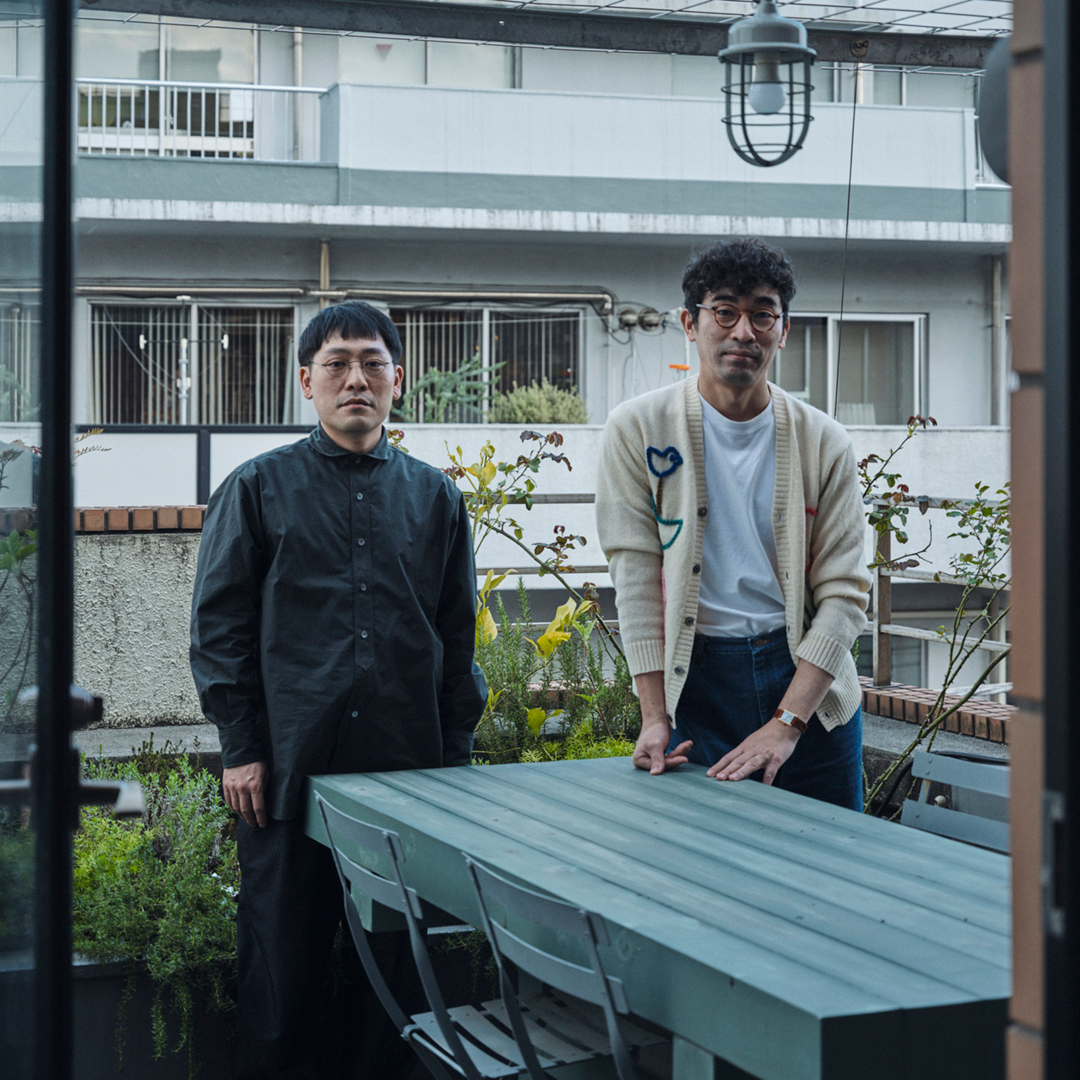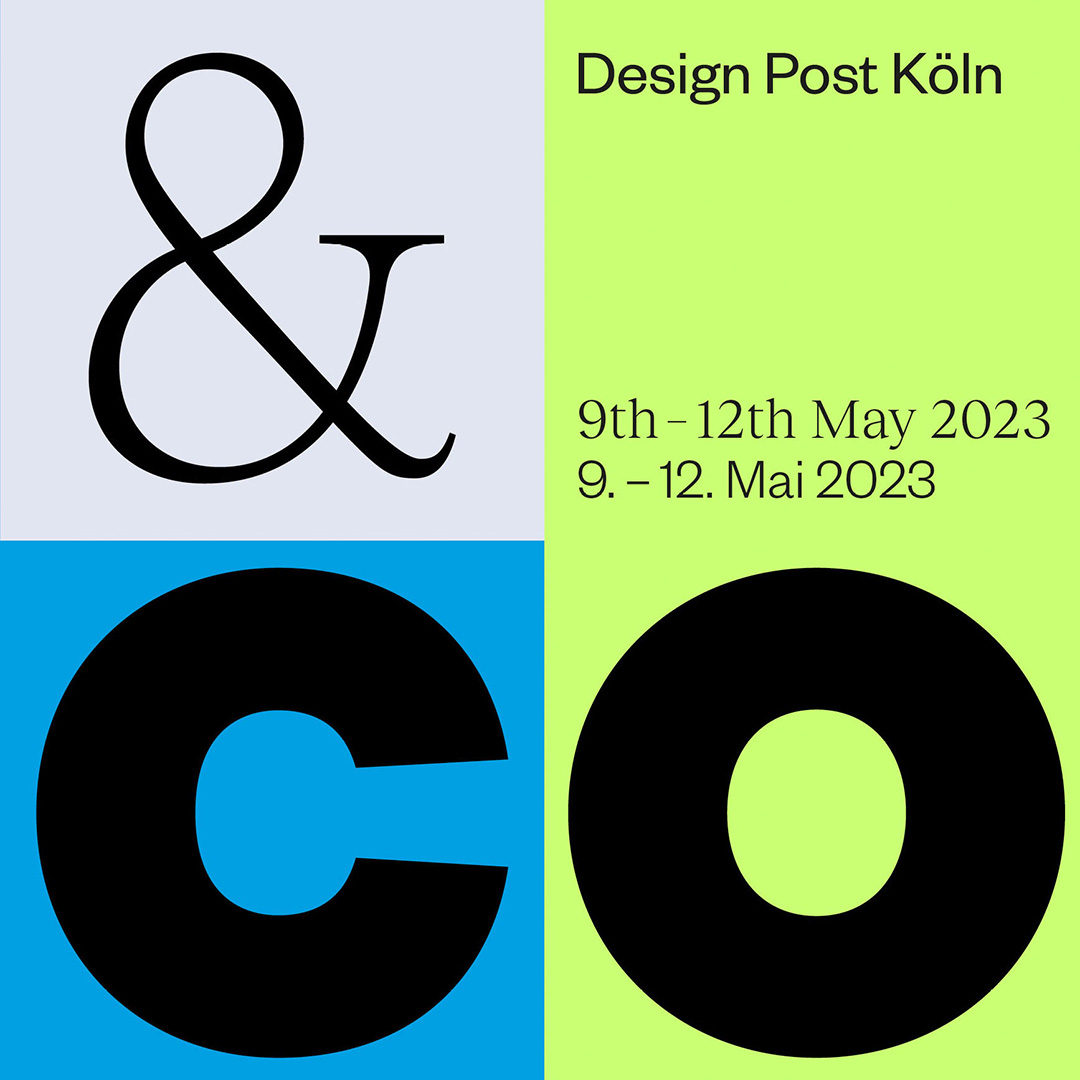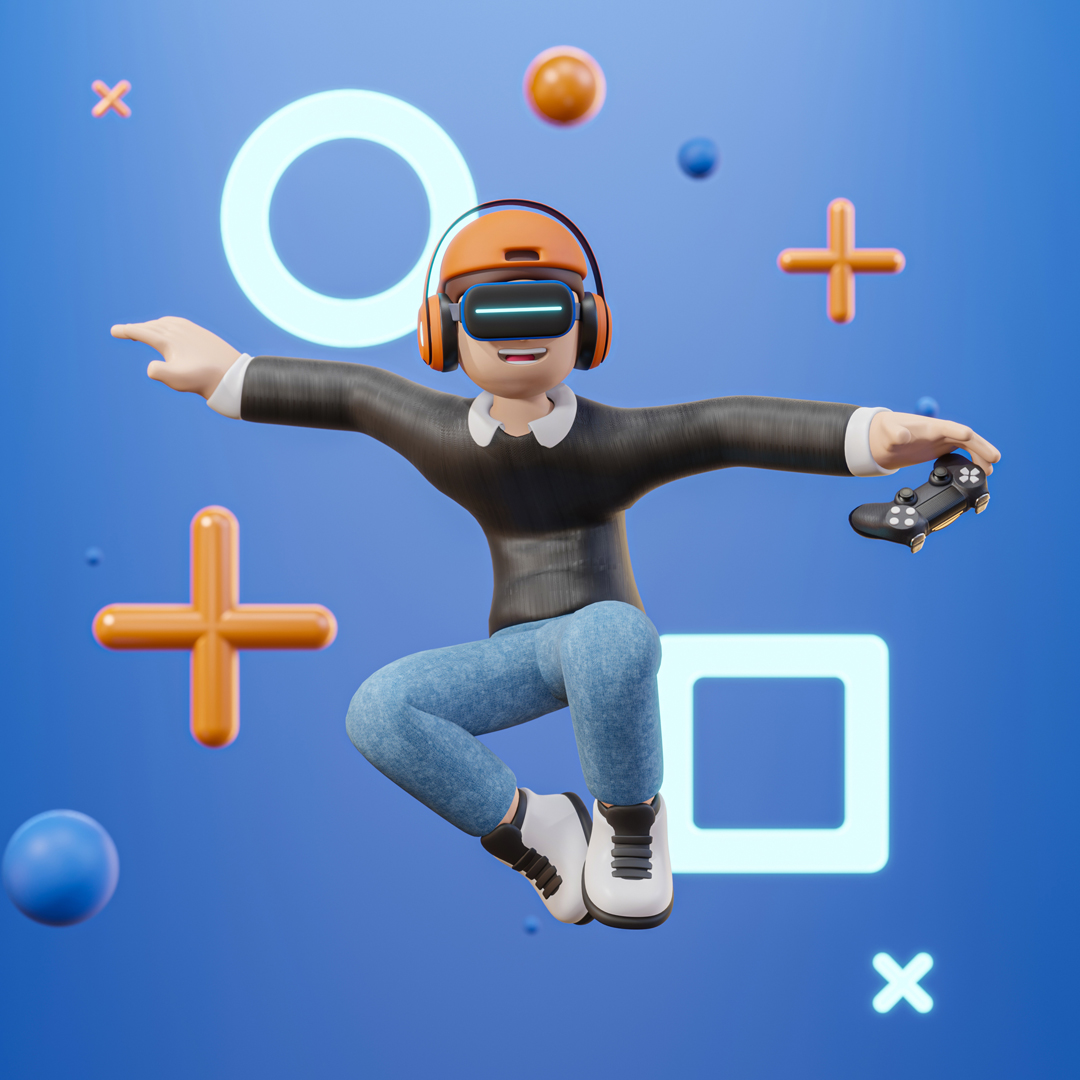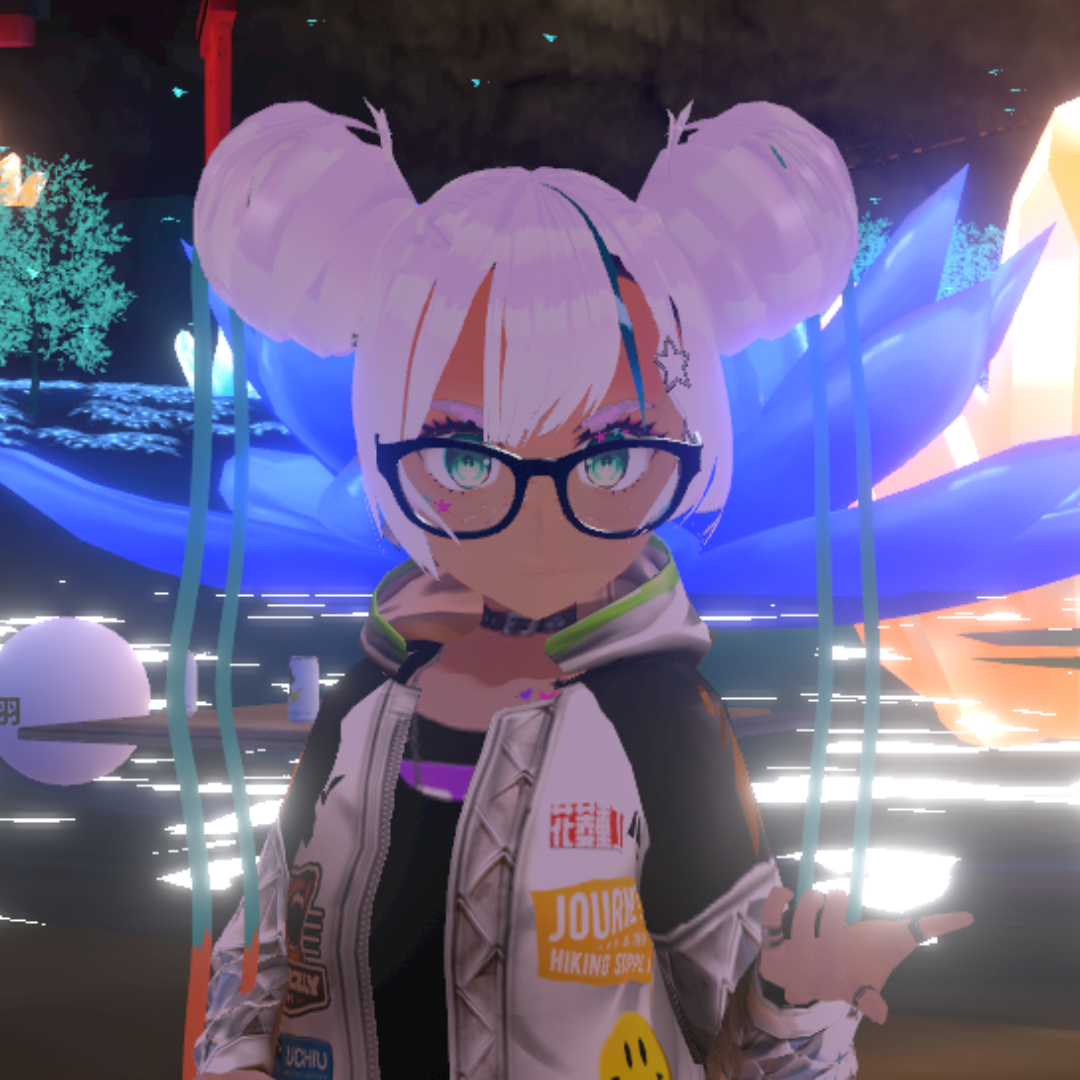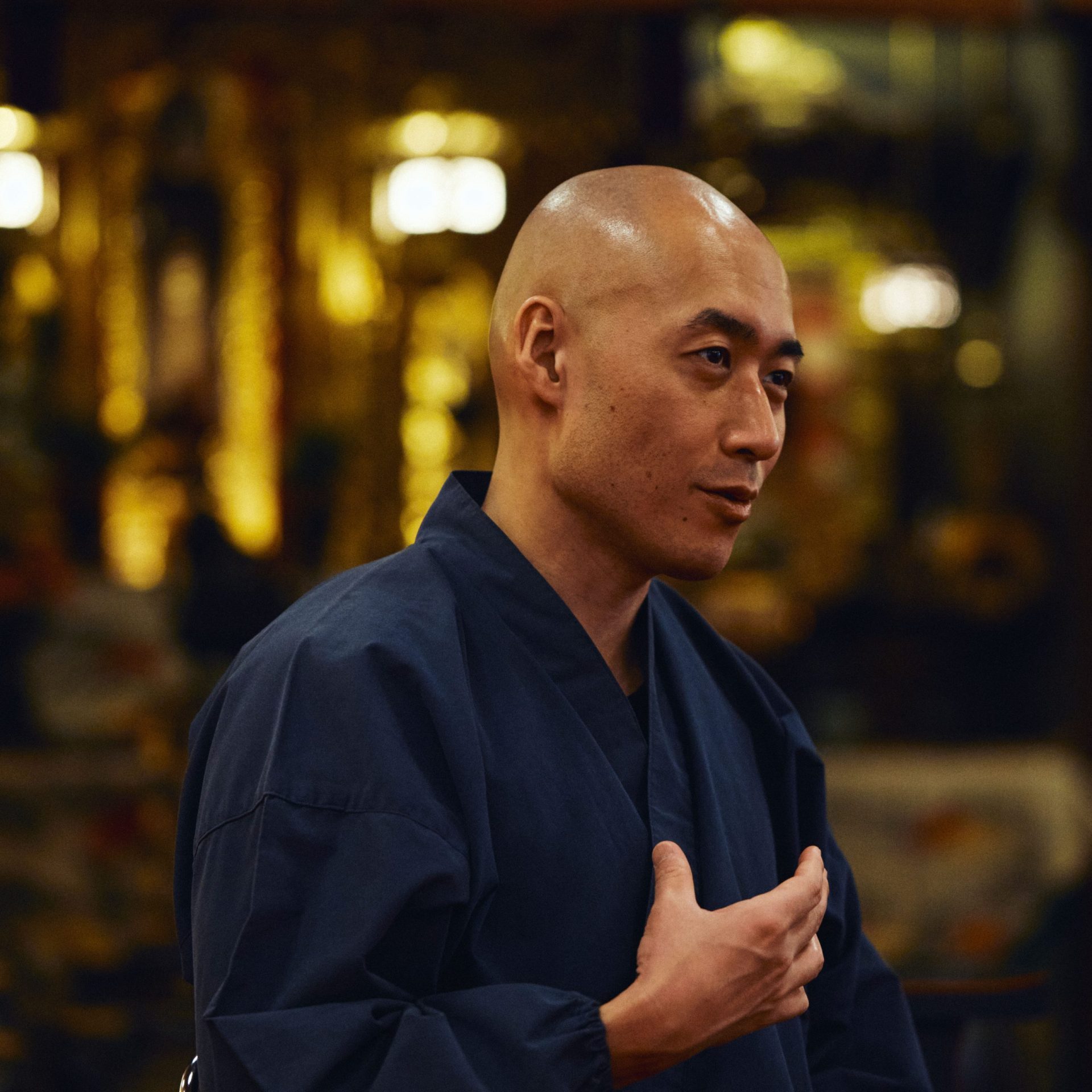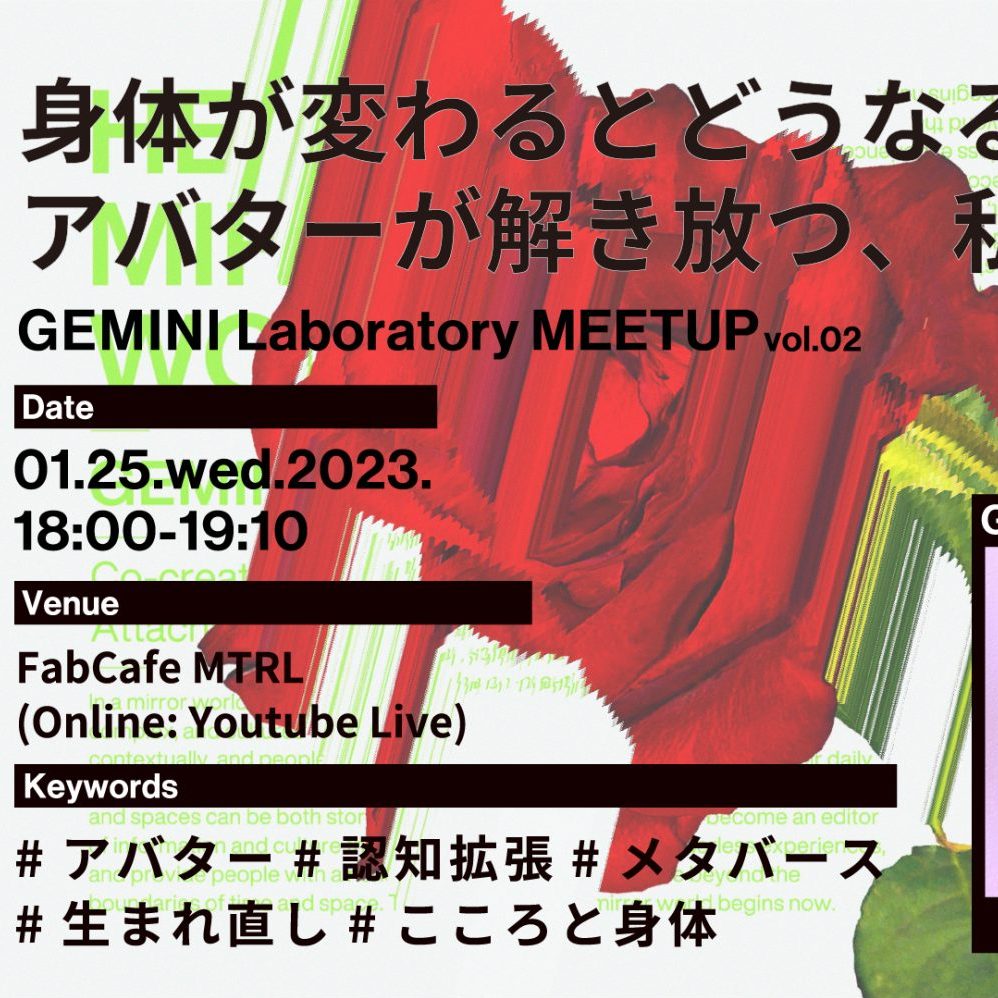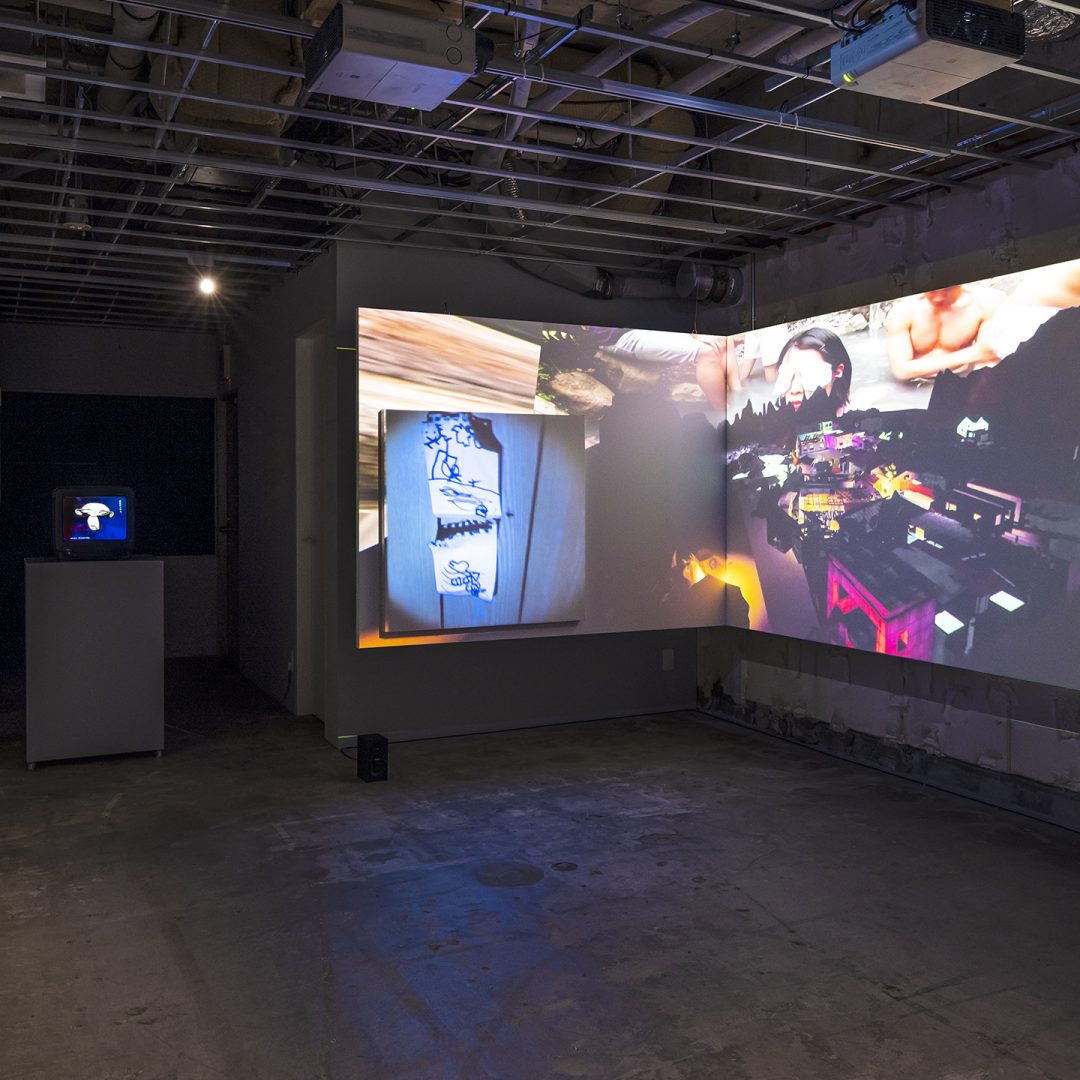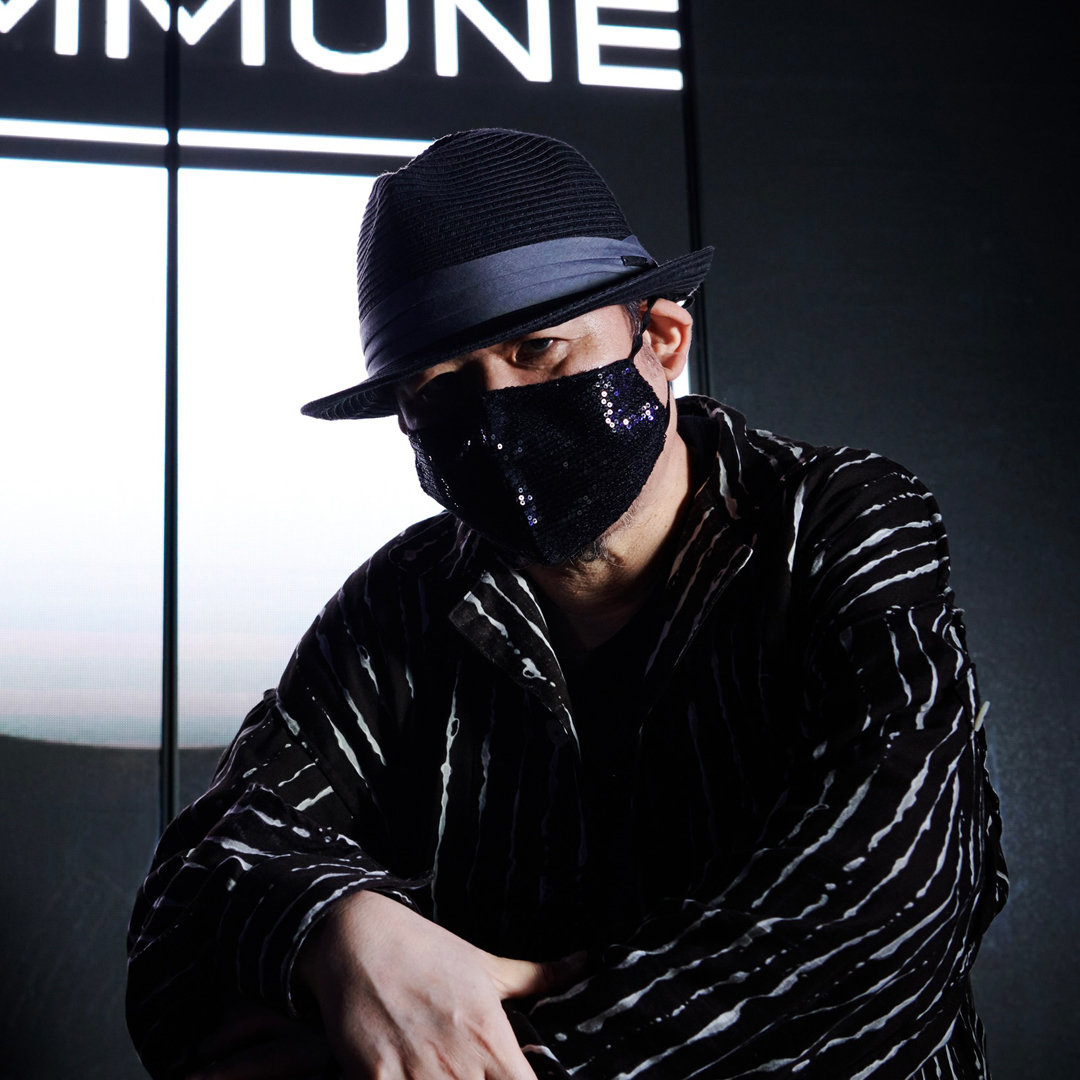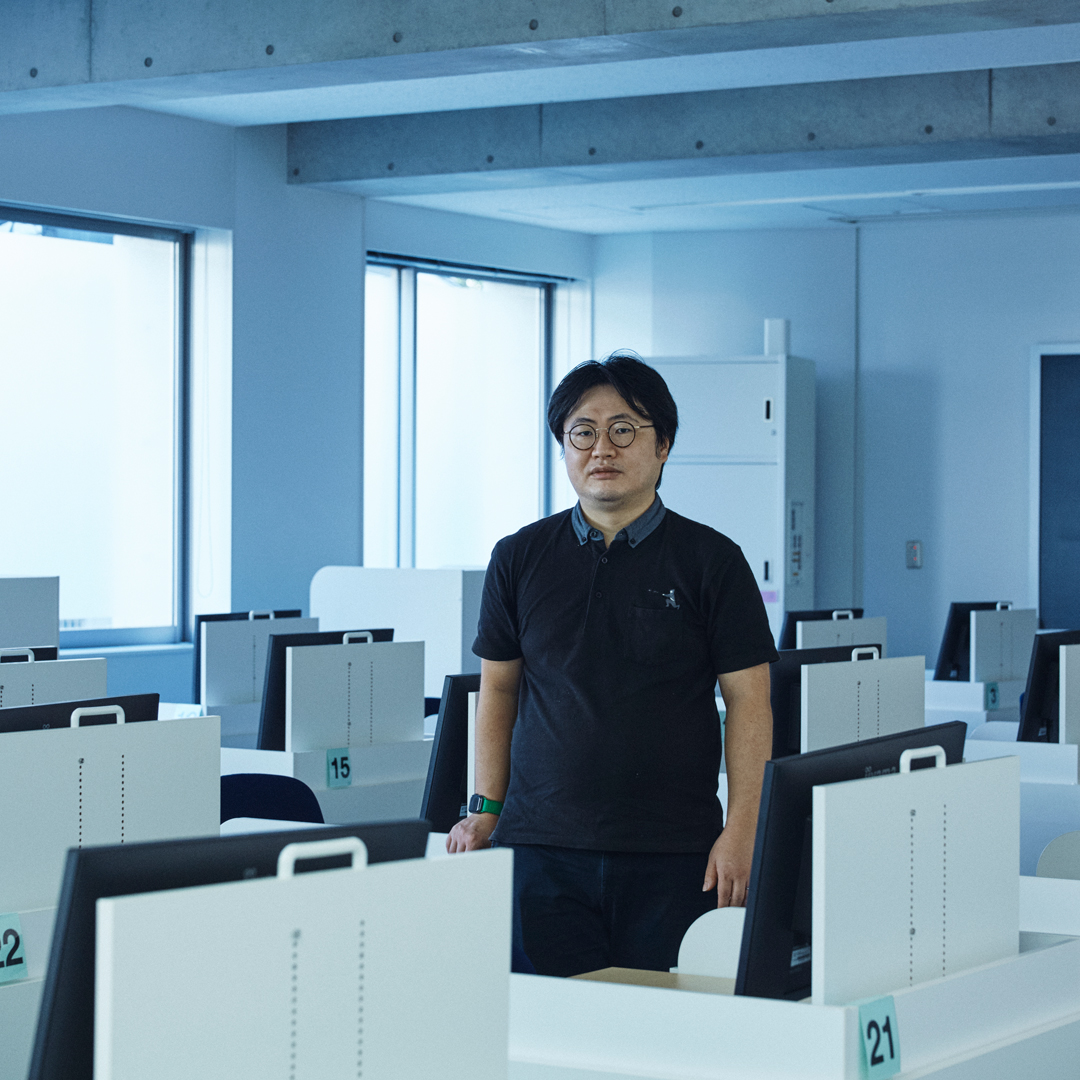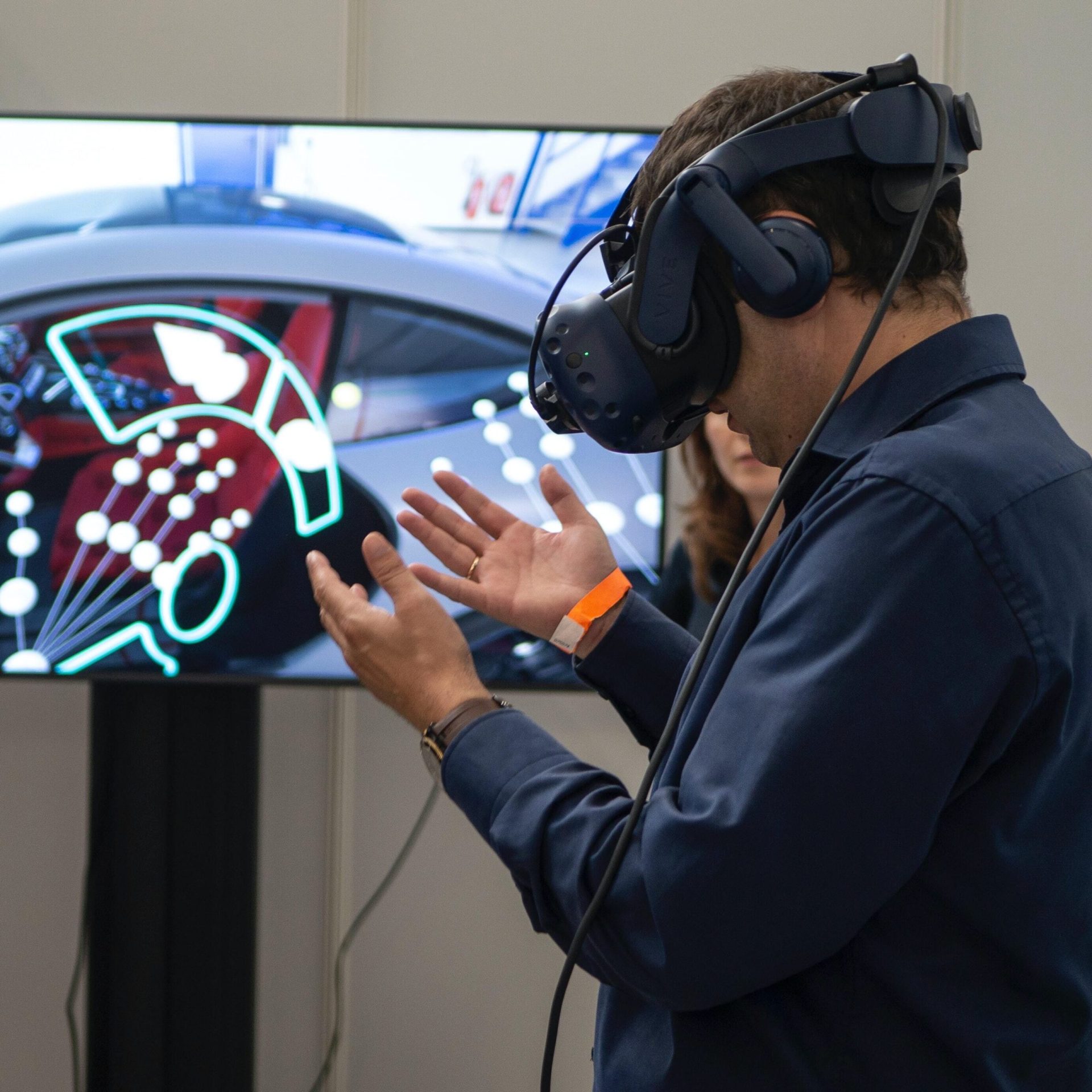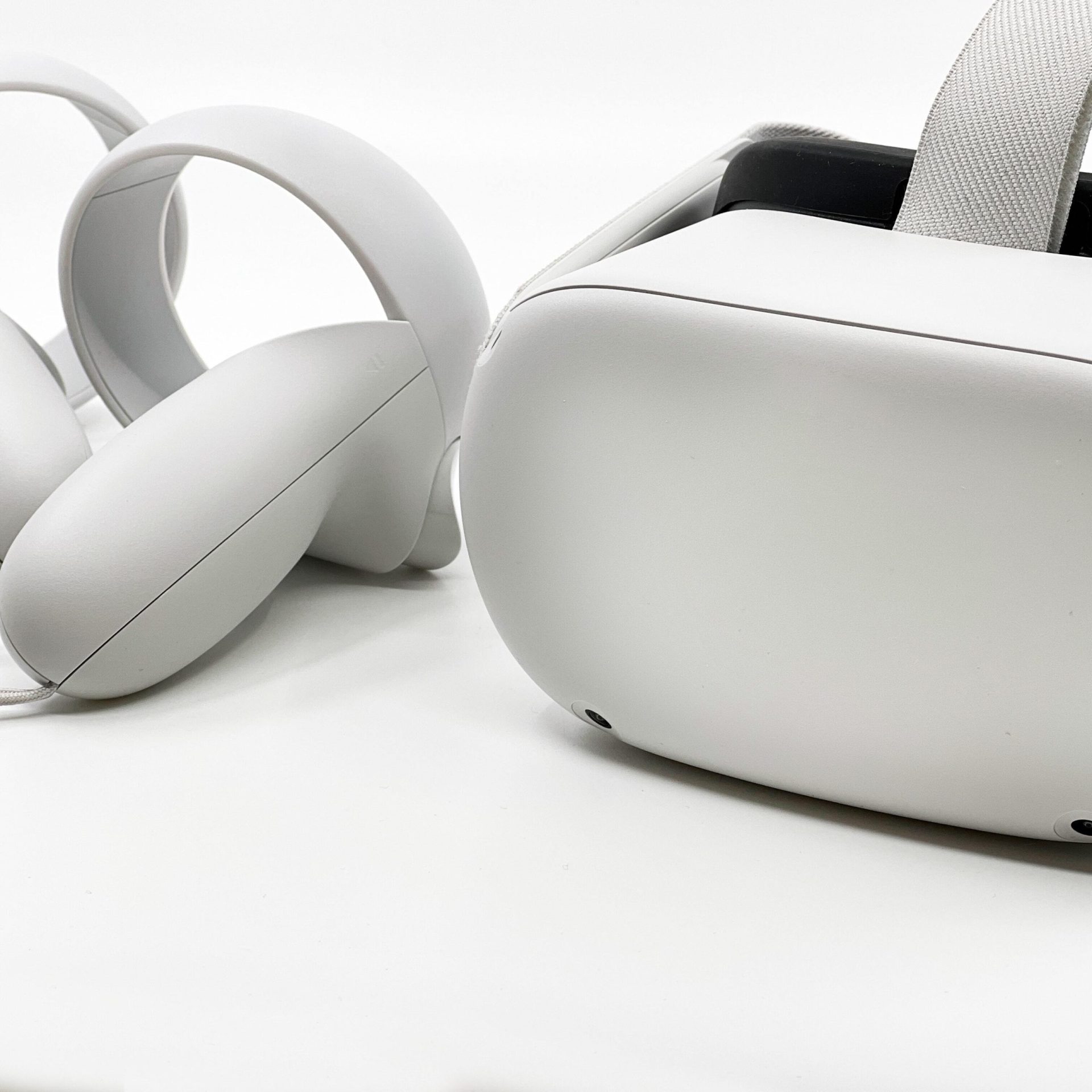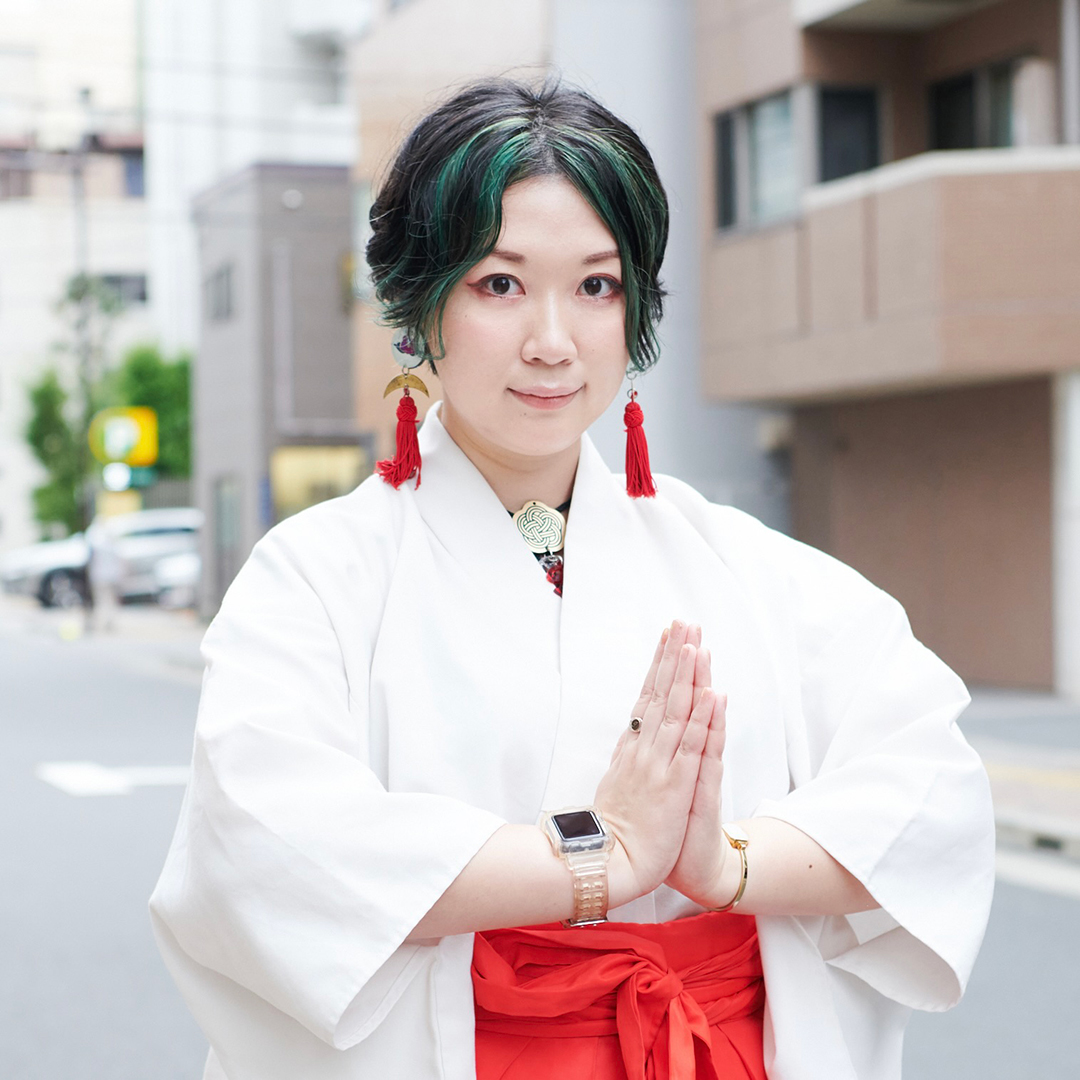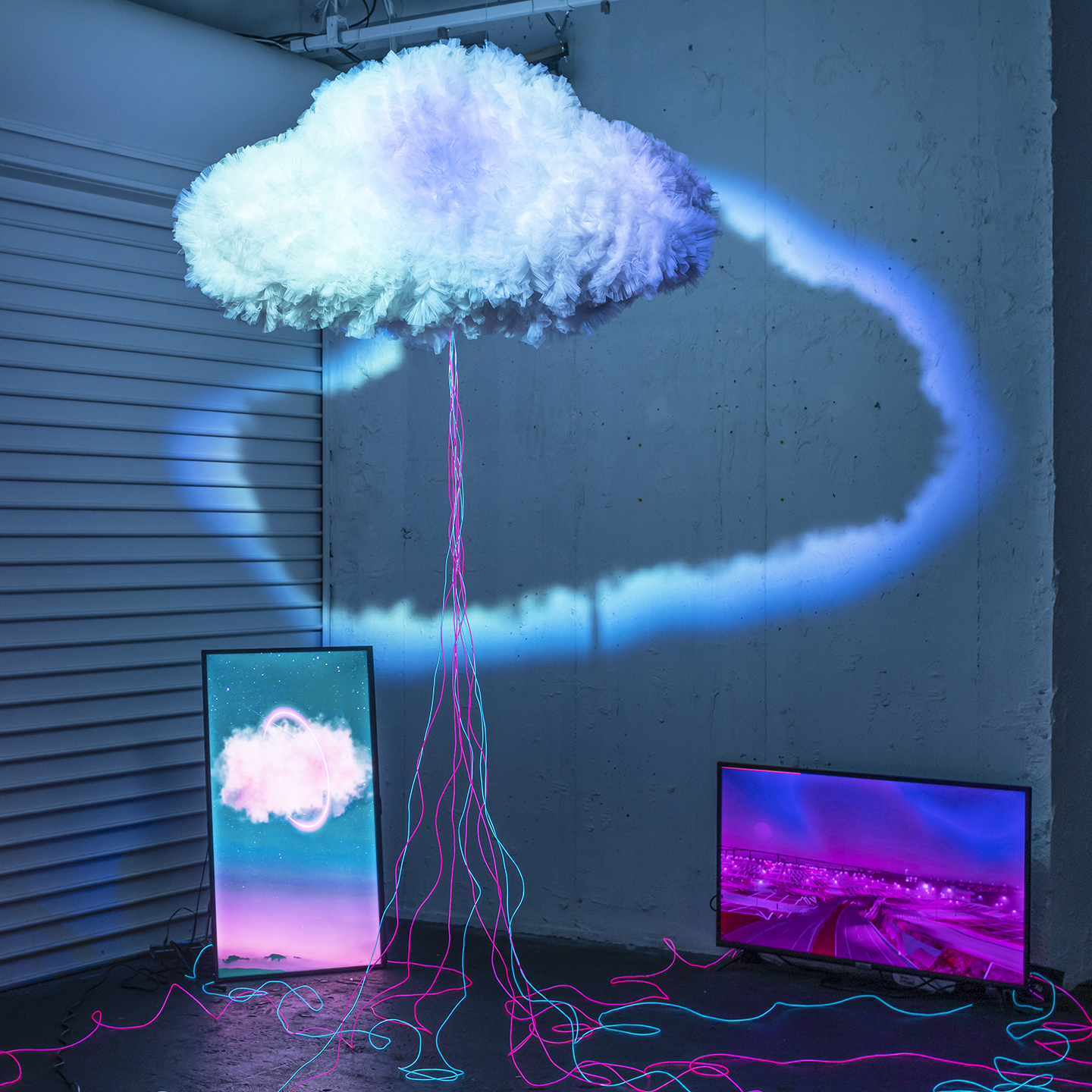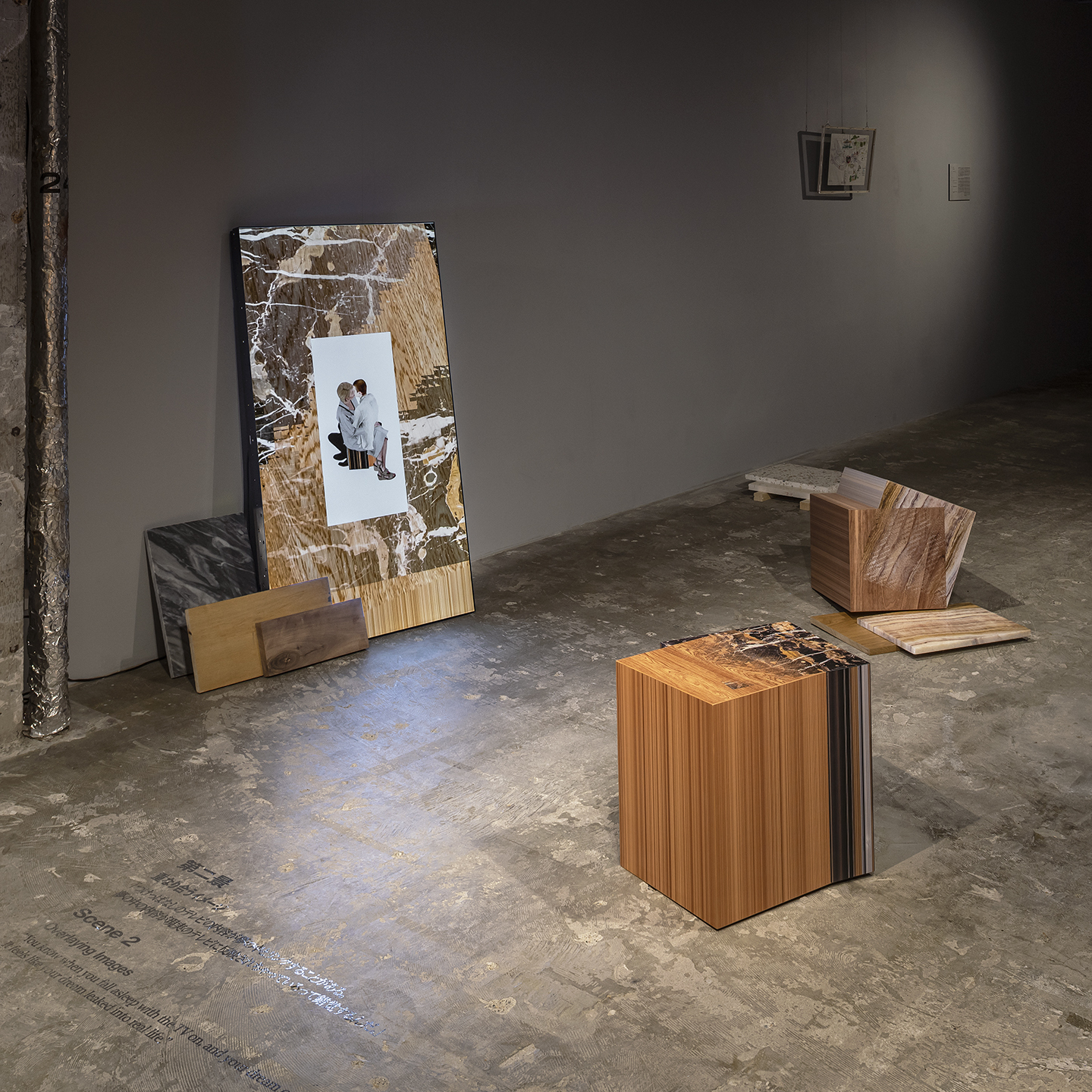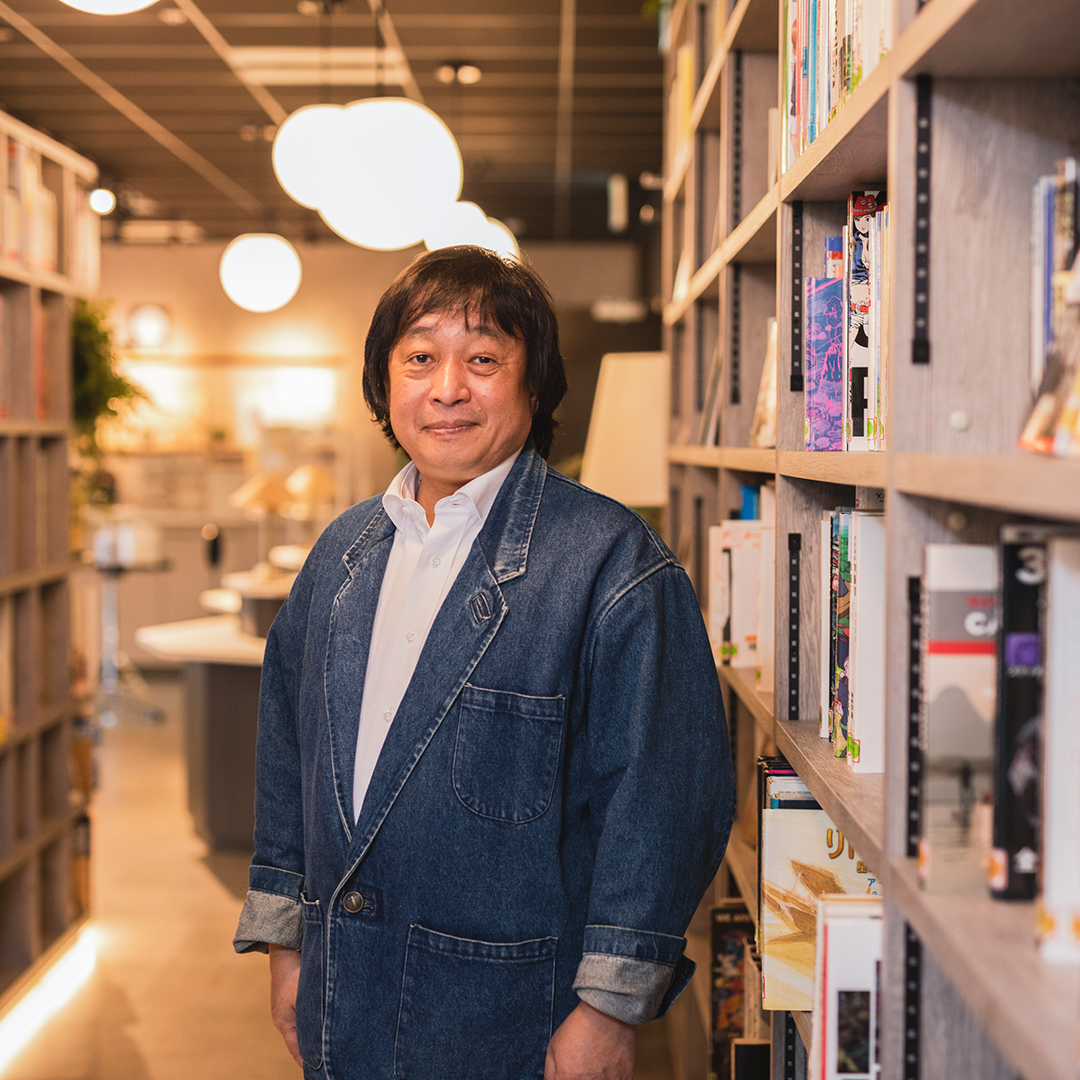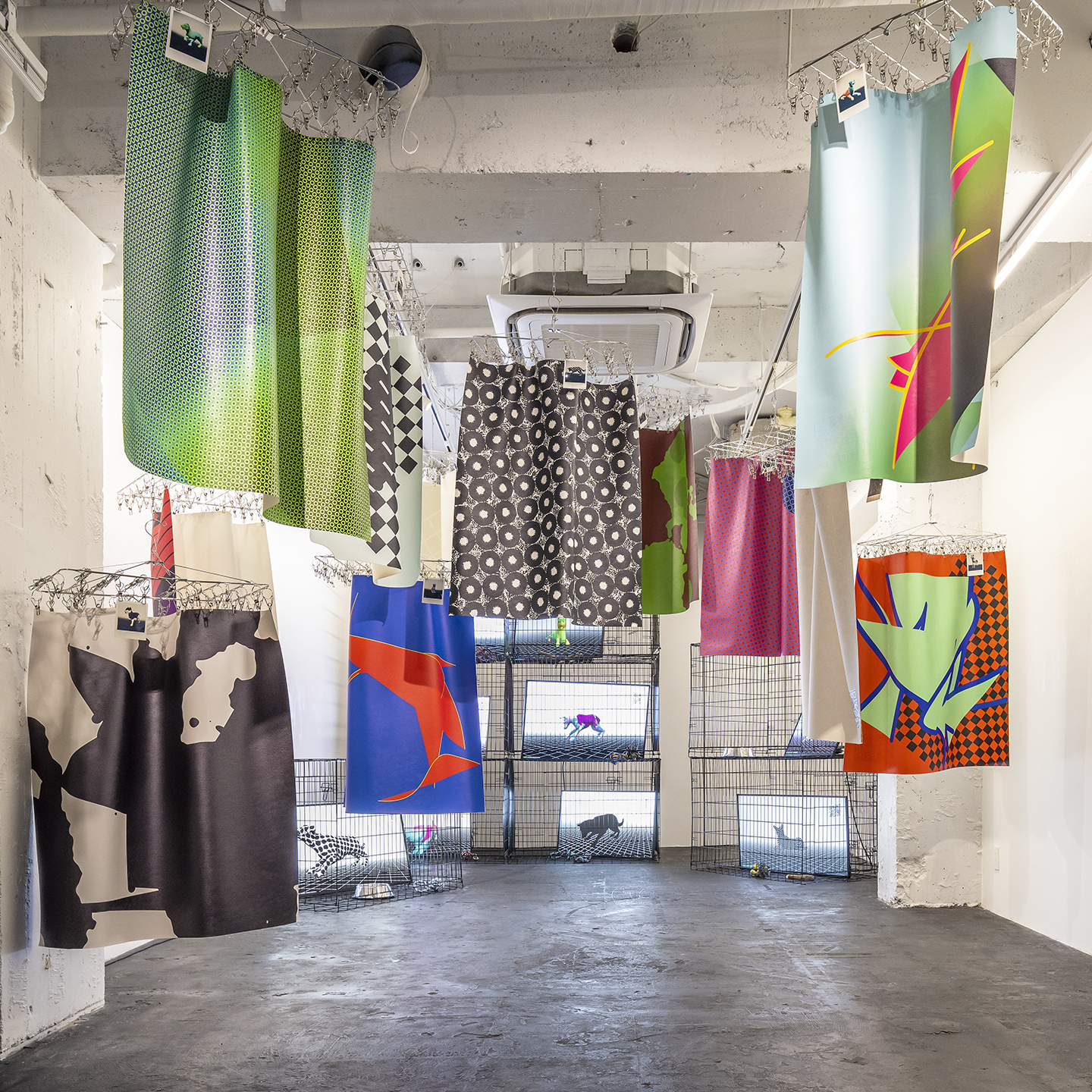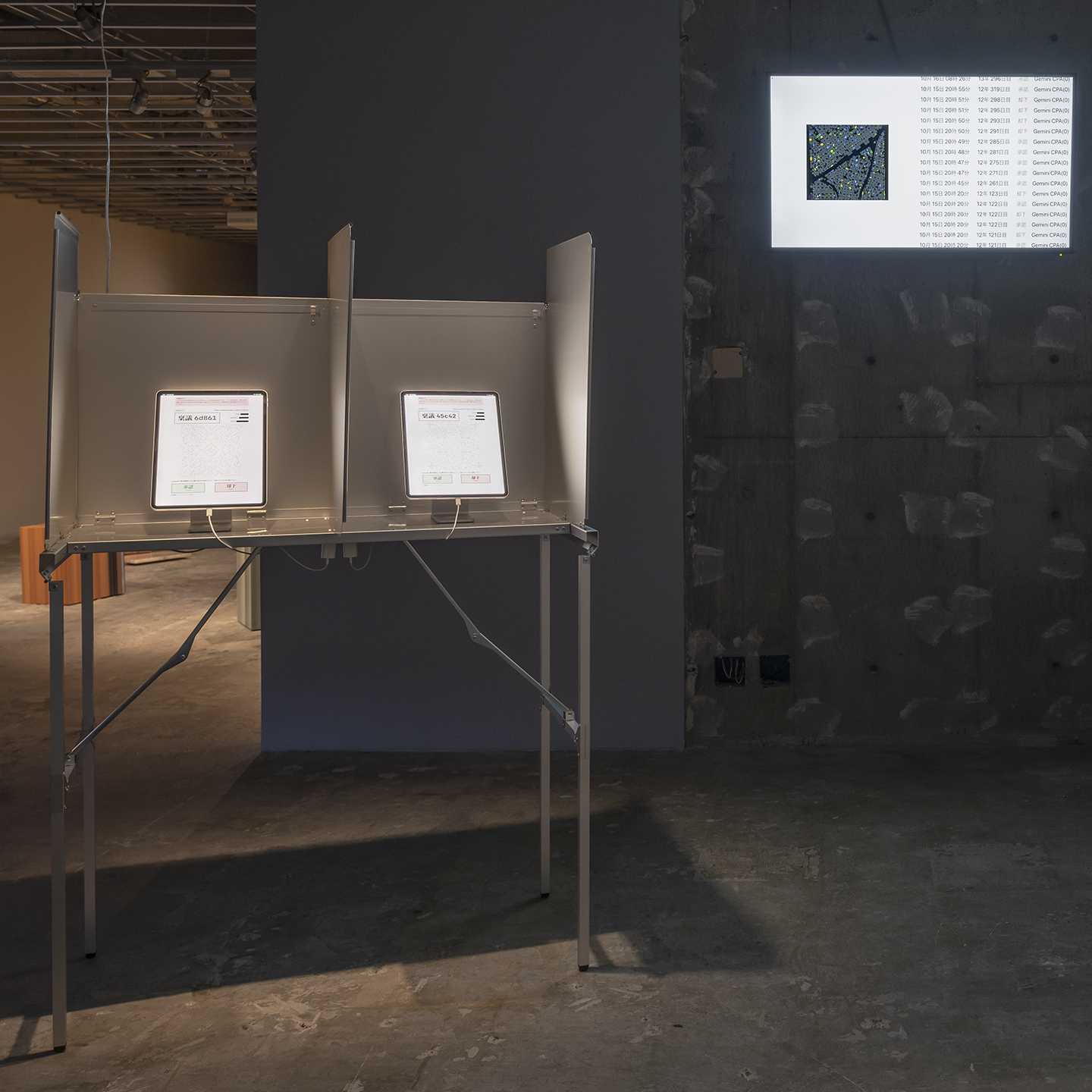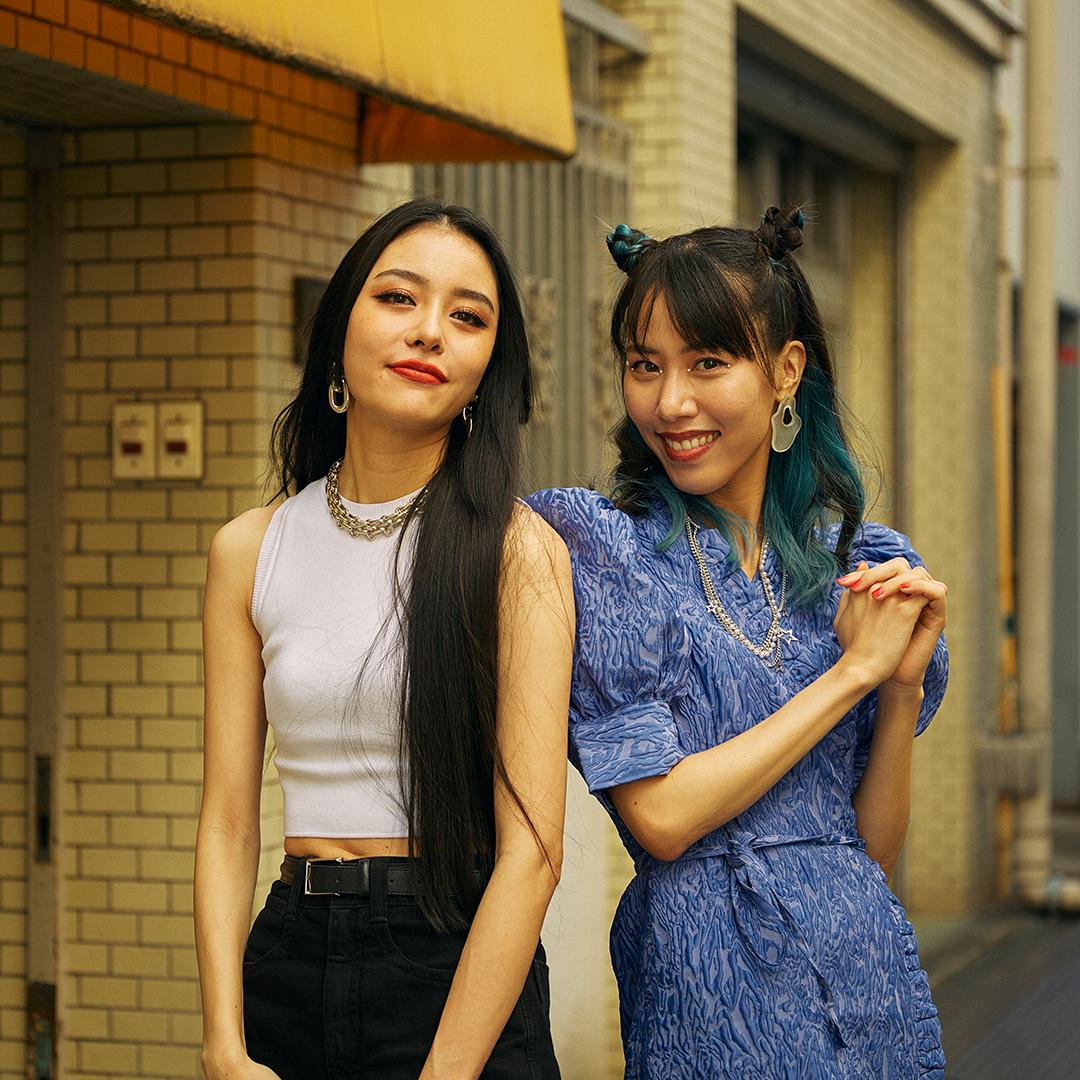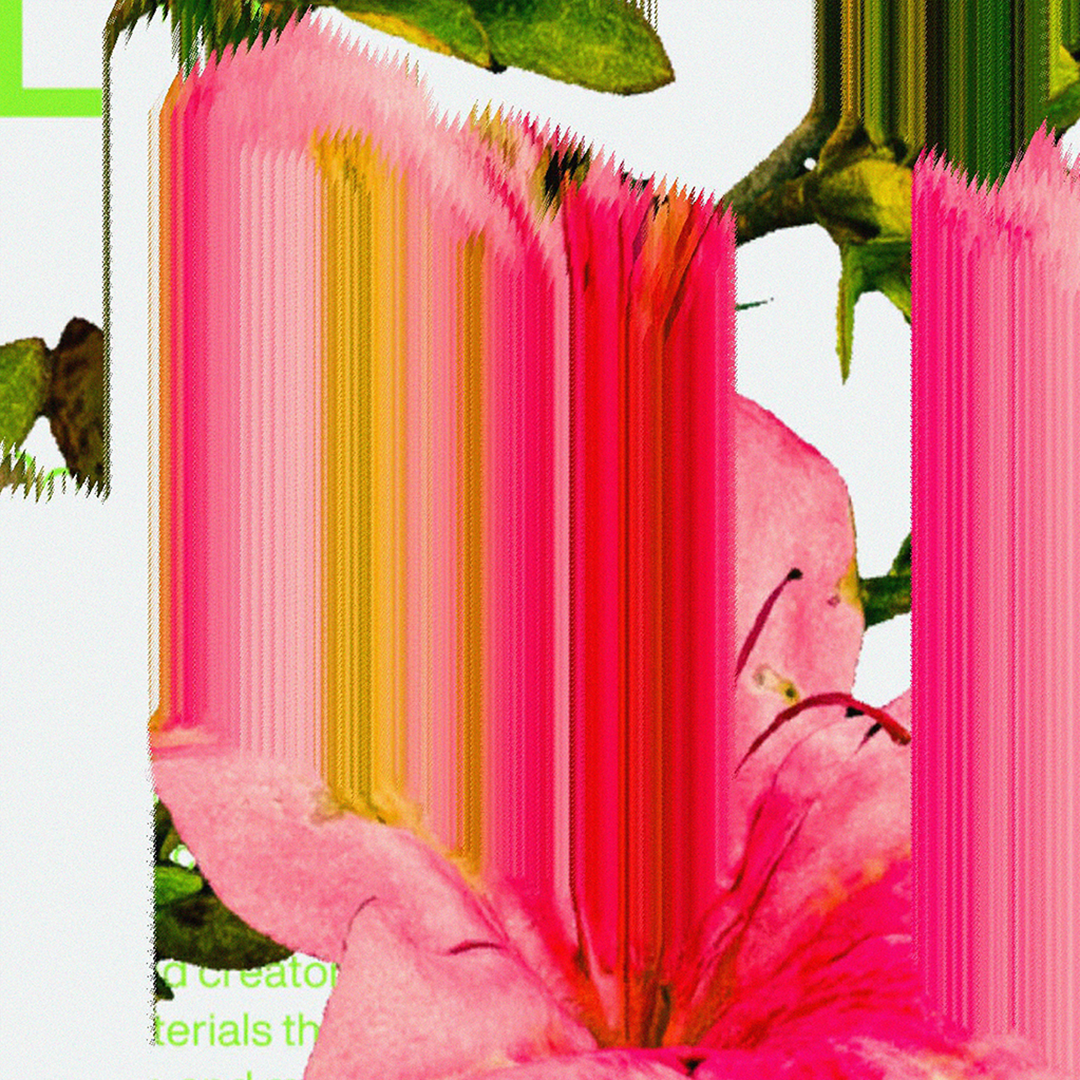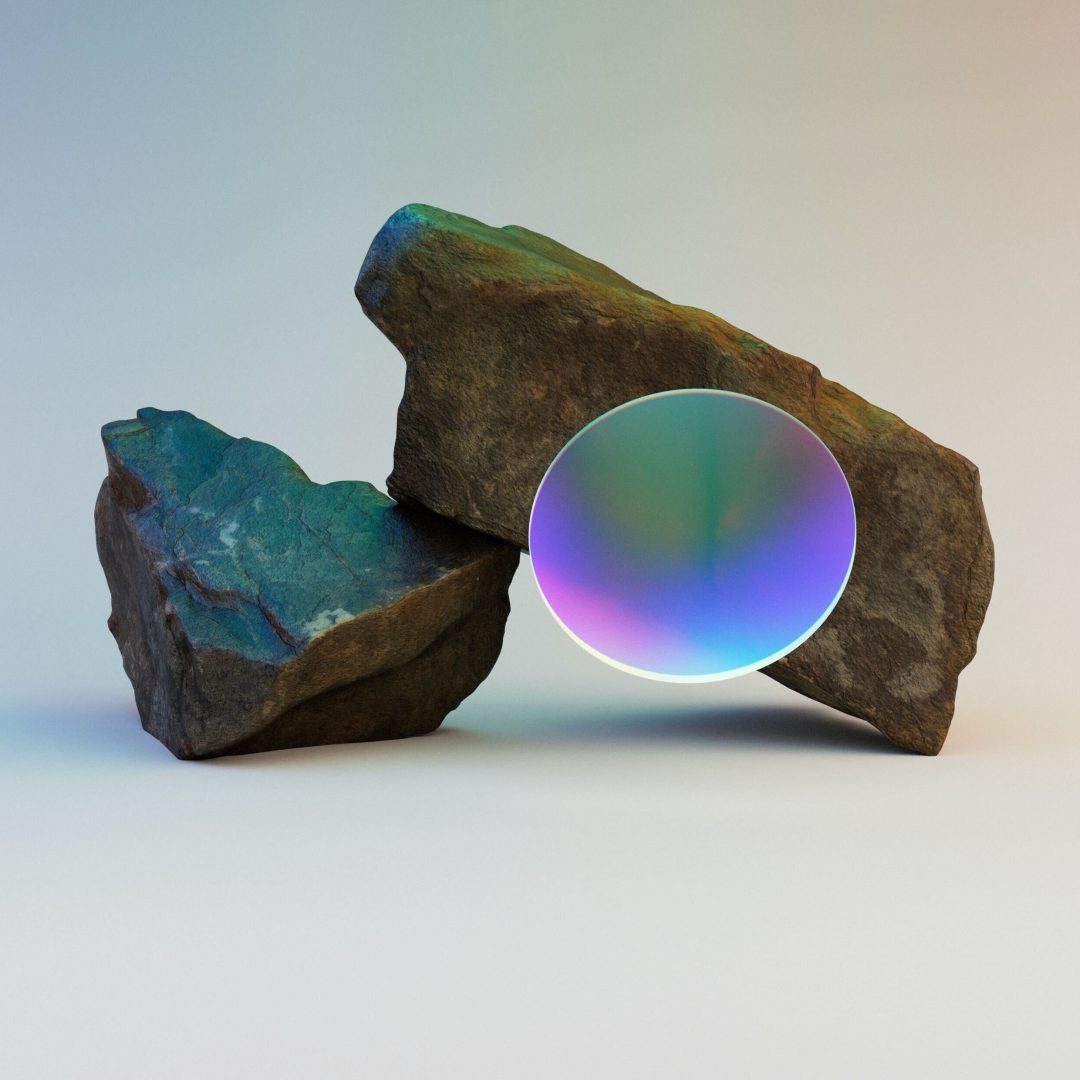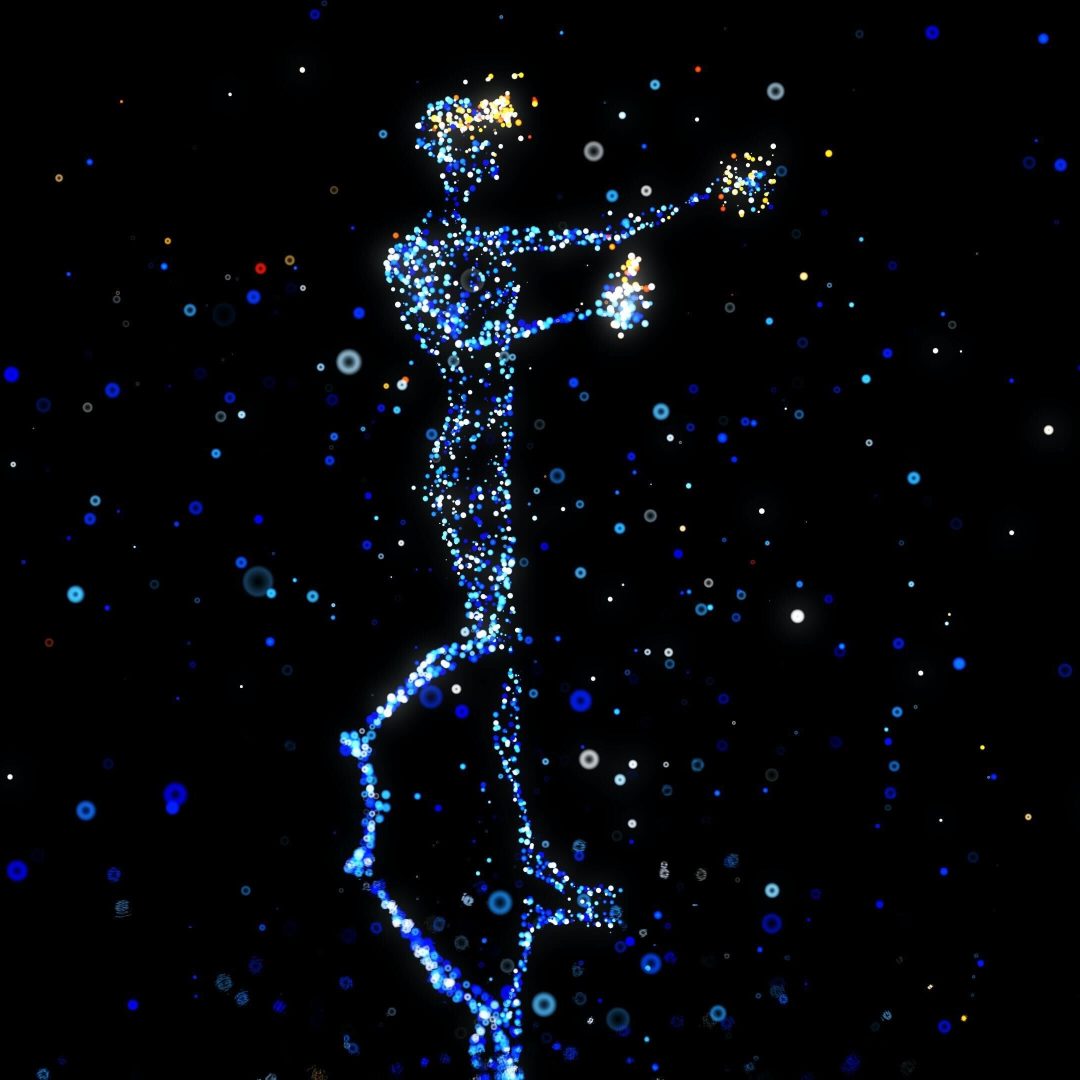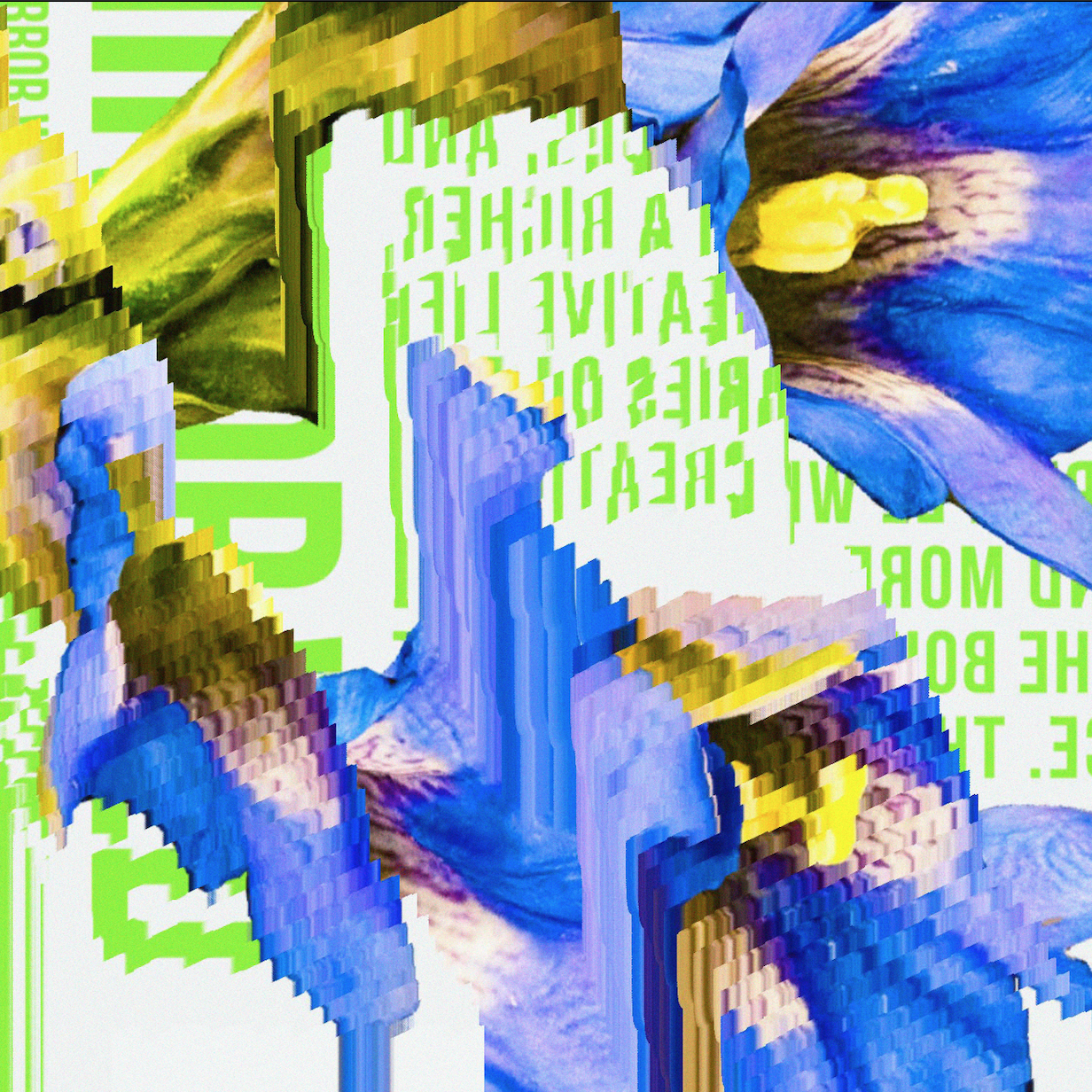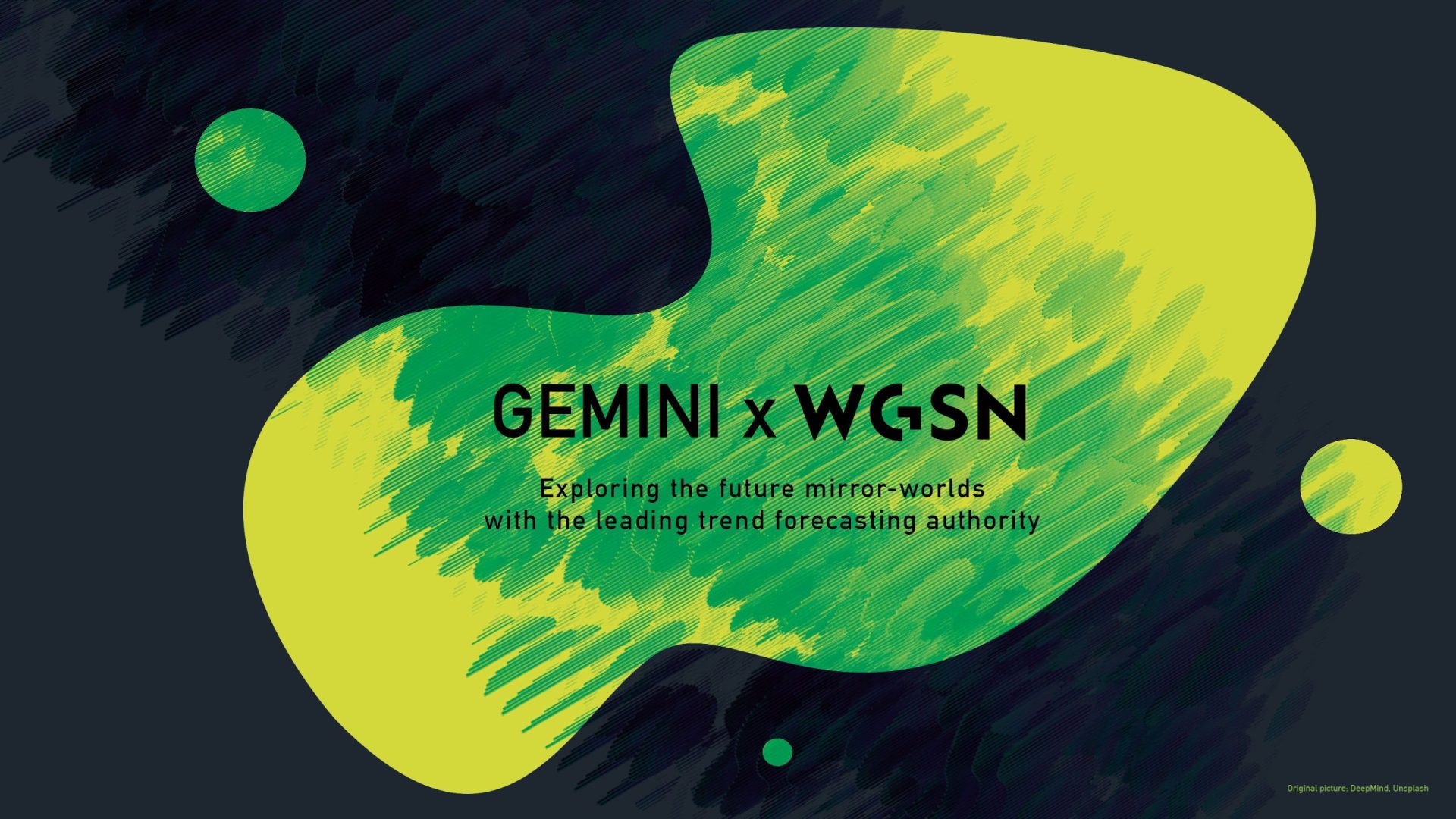In October 2022, the kick-off event of GEMINI Laboratory was held, inviting players from various fields such as tech, art, and academia.
The four-hour session began with a video message from Kevin Kelly, followed by a program of seven talks. What are the possibilities of mirror worlds created by the borderless interaction of the real and the virtual, without being limited to the visual? How will human perception, spirit, and behavior change in this age of blurring boundaries between digital and physical, fantasy and reality, past and future, and creator and user? Here, we introduce some of the discussions that explored these questions from the perspectives of media theory and cultural anthropology, and consider the next steps for co-creative actions.
“GEMINI Laboratory Kickoff Event” programs
“Kevin Kelly’s Video Message” (“WIRED” Founding Executive Editor, Mirror World Proponent: Kevin Kelly)
“Reddit the Mirror World” (Keynote Speech: Mitsuhiro Takemura)
“Co-Creating the Mirror World” (Cross Talk: Tomoya Mori (IDEO), Kei Arima (GEMINI Laboratory))
“Prototyping the Mirror World” (Crosstalk: Taichi Sunayama, Yasushi Sakai, exonemo, Moderator: Mariko Nishimura (HEART CATCH Co., Ltd.))
“Driving the Mirror World #Architecture #Urban” (Cross Talk: Keisuke Toyoda (NOIZ, gluon), Ou Sugiyama (Mori Building Co., Ltd.), Masahiro Yamaguchi (Psychic VR Lab), Moderator: Michiyo Matsumura (GEMINI Laboratory))
“Cultivate the Mirror World #Art #Culture” (Crosstalk: Natsuyo Chinsho, Kazuki Takakura, Moderator: Kento Tanbara)
“Sincerity of the Mirror World” (Cross Talk: Keiichiro Hirano, Kyoko Tominaga, Moderator: Mariko Nishimura (HEART CATCH Co., Ltd.))
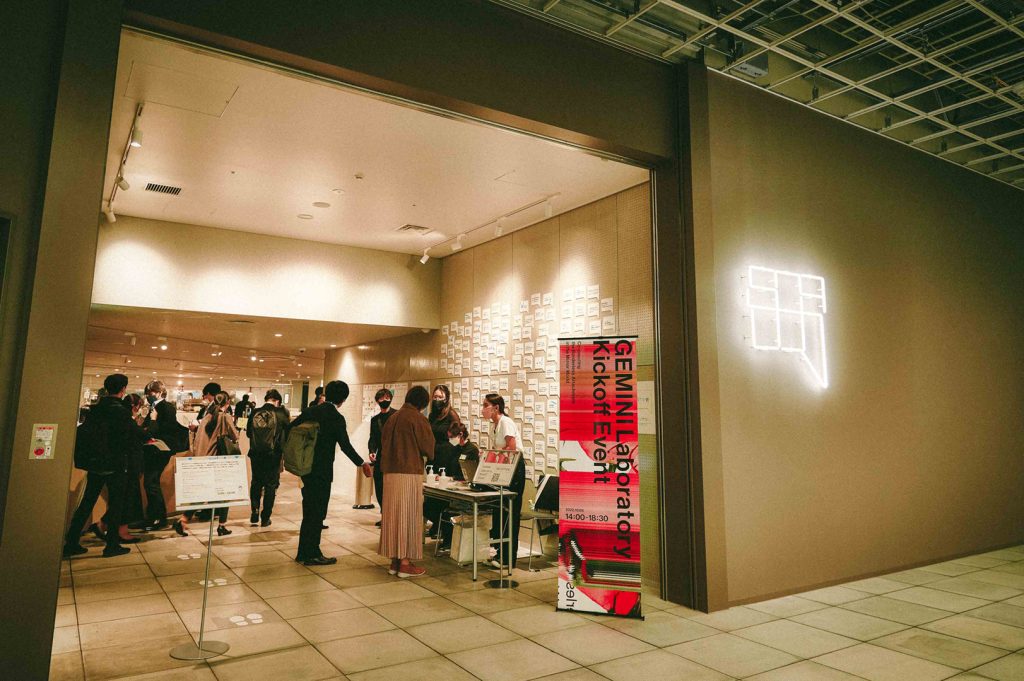
Thinking beyond the headset for an immersive experience
“The Next 5,000 days: A mirror world where everything is connected to AI will come.” The concept of the mirror world has gained even more attention in the best-selling book by Kevin Kelly, the founding executive editor of WIRED magazine, who is often called a seer. This event also began with Mr. Kelly’s greetings, and he talked about his expectations for the mirror world, which will contribute to entertainment and work efficiency, enriching people’s lives.
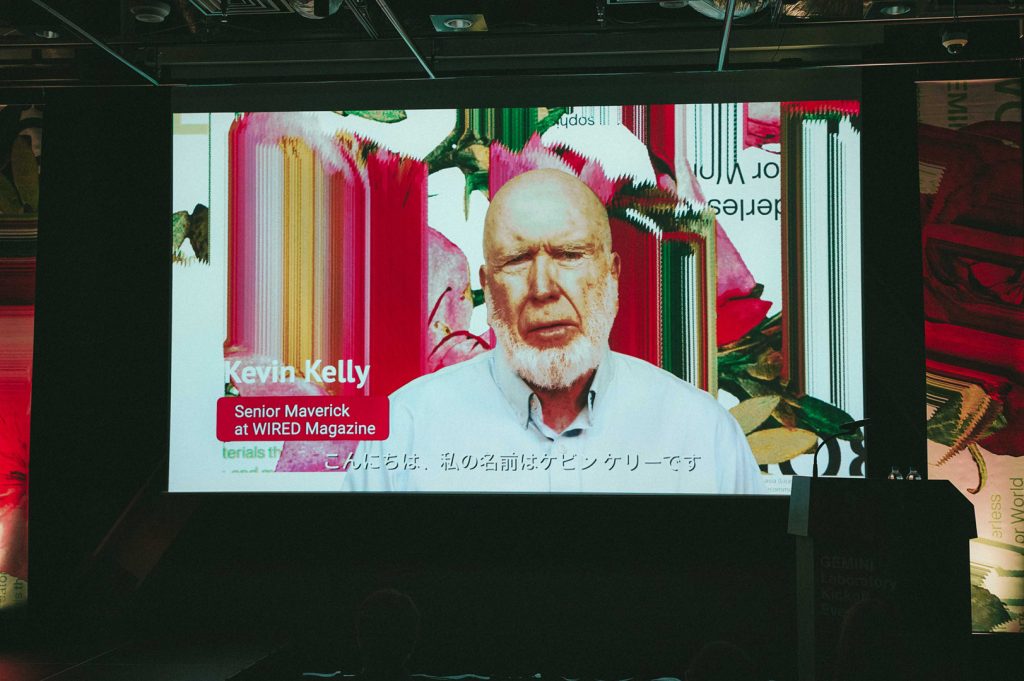
The mirror world is seen as innovative, but media aesthetician Mr. Takemura cites the experience of being immersed in a book as its origin. The invention of printing technology around 1450 and the proliferation of printed characters expanded human vision, spawning a succession of “typographic man” who sought to perceive the world through printed words.
In terms of capturing the world from the printed word, metaverse and avatar, which have become buzzwords in recent years, are concepts proposed by science fiction writer Neal Stephenson in his 1992 novel Snow Crash. The novel depicts a future America in which the government is weakened and the country is divided and governed by a franchise pseudo-state, and is a great work of prophecy that overlaps with today’s Web 3.0 era of de-centralization.
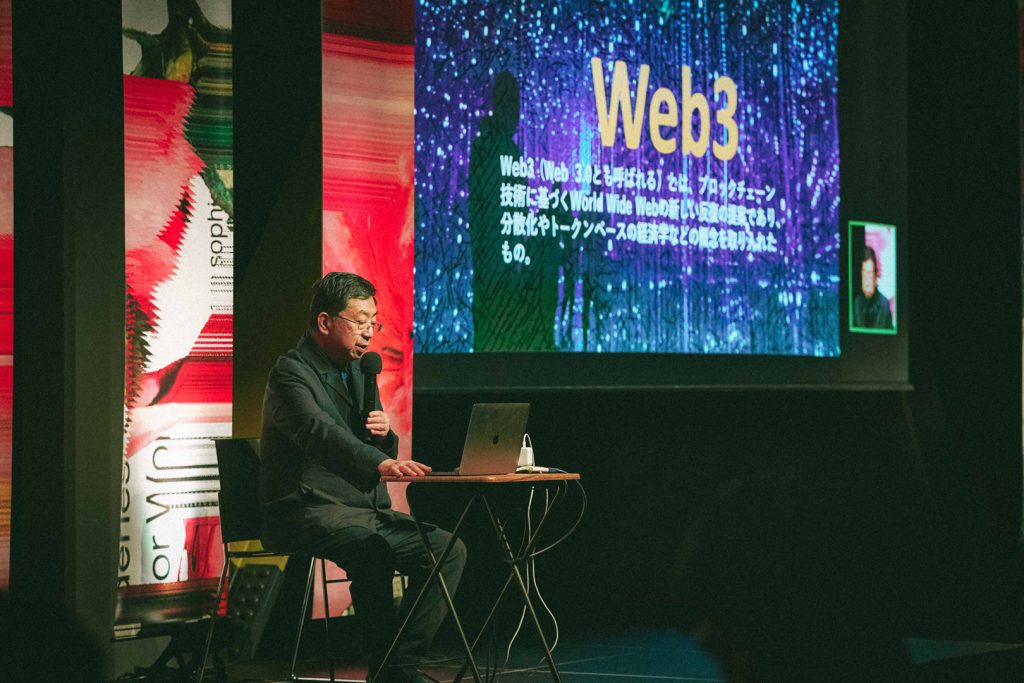
In recent discussions on immersive experiences, the feasibility of a metaverse encompassing all five senses has become a central topic of discussion, as if to recover the human body from a bias toward the visual senses that came with advances in technologies such as VR goggles and VR headsets.
However, since immersion itself is an experience that has been possible without devices for thousands of years (including books), Mr. Takemura points out that “if we are pursuing immersive experiences in entertainment, work, or the metaverse, we need to think beyond the headsets.” In addition, it is important to note that younger generations “do not necessarily consider the physical real world to be more real than the virtual.”
Real and virtual are not a dichotomy. People’s sense of reality is being renewed
The more the real and the virtual, the digital and the physical, are no longer paired, the more the boundaries between them become ambiguous, and people’s sense of reality is being renewed.
Mr. Arima of GEMINI Laboratory and Mr. Mori of IDEO, who was involved in naming the project, do not perceive them as a dichotomy. According to Mr. Mori, “I imagine a multi-layered world where there is a virtual layer on top of the real, and invisible human senses ride on it.”
Toppan Printing has been developing building material products that faithfully reproduce the textures represented by wood grain and stone for some time, and the GEMINI Laboratory will accelerate the construction of a database that will enable texture implementation within XR space, including the mirror world and metaverse.
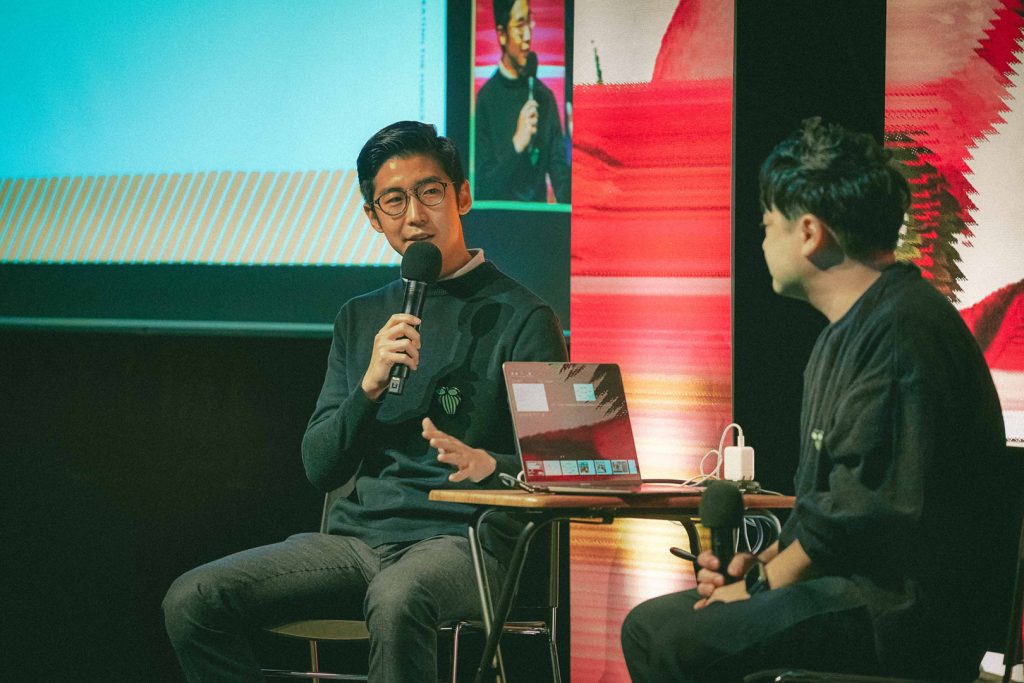
As “there is a virtual layer on top of the real, and the invisible human senses ride on top of it,” it will gradually affect the textures within the XR space. Mr. Sunayama, a designer/programmer who took the stage and spoke at Prototyping The Mirror World session, noted that the younger generation has a certain sense of reality and sensitivity to the sensation of slipping through people, walls, and other obstacles in games and VR chat, and to a world in which they do not collide against or touch anything.
This revamping of human reality is set to undergo even greater transformation in the next decade. This momentum will be boosted by the new era of the mirror world, which Mr. Takemura says is “trying to connect and synchronize the digital and physical beyond the framework of headsets.”
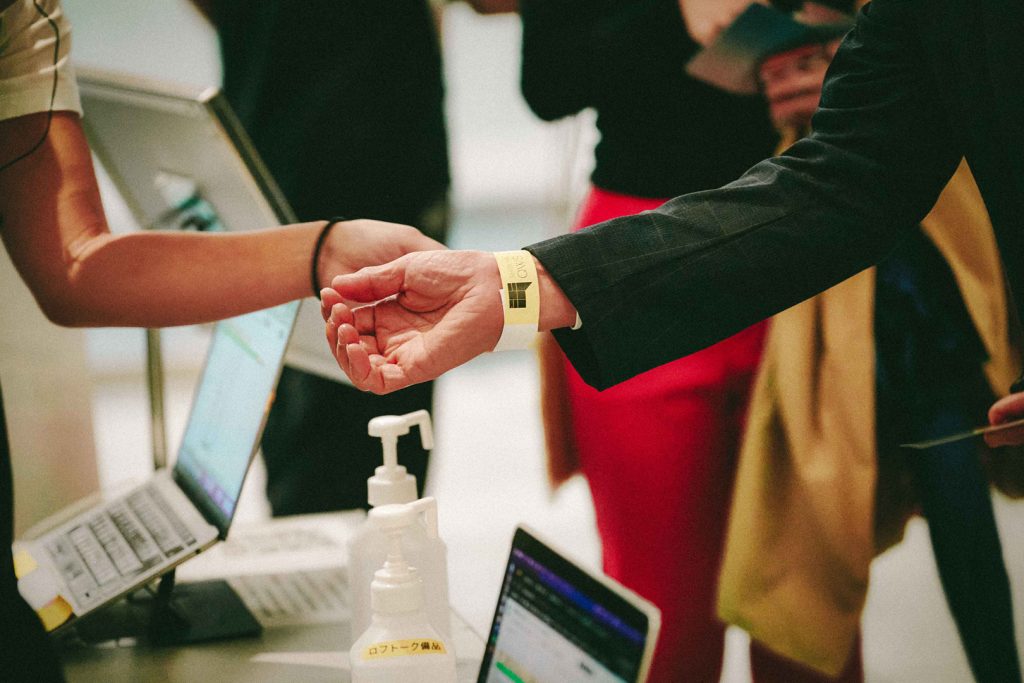
Scenes drawn by artists from the ambiguity of various boundaries
Apart from the four-plus hours of discussion, another opportunity to gain insight into the psychological and physical sensations brought about by the implementation of mirror worlds was the “GEMINI Laboratory Exhibition: Scenes of Debugging,” an exhibition held after the event.
Mr. Tanbara, the curator of this exhibition, who also took the stage at the event, wrote “The mirror world, a world where the digital and physical coexist, may arrive in the near future. Such a world combines the operating systems for accessing the physical and digital, blurring the boundaries. Its ambiguity resonates between the real and the imaginary, the past and the future, the ordinary and the extraordinary, and even life and death.” in the exhibition statement and launched a new scene created by that ambiguity with six groups of artists.
Mr. Sunayama, who appeared earlier, also participated in this exhibition as Sunaki, which he co-chairs. Sunaki’s work is a “two-seater stool” that two people cannot sit on in the real world, created using a texture bug (Z-Fighting) that occurs when two materials overlap in the same place in a 3D space. By including the point that two people cannot sit on the stool in the real world, this work materializes the sense of reality of not being able to collide or touch in virtual space and the blurring of the boundary between the real and virtual and the digital and physical, as mentioned by Mr. Sunayama.
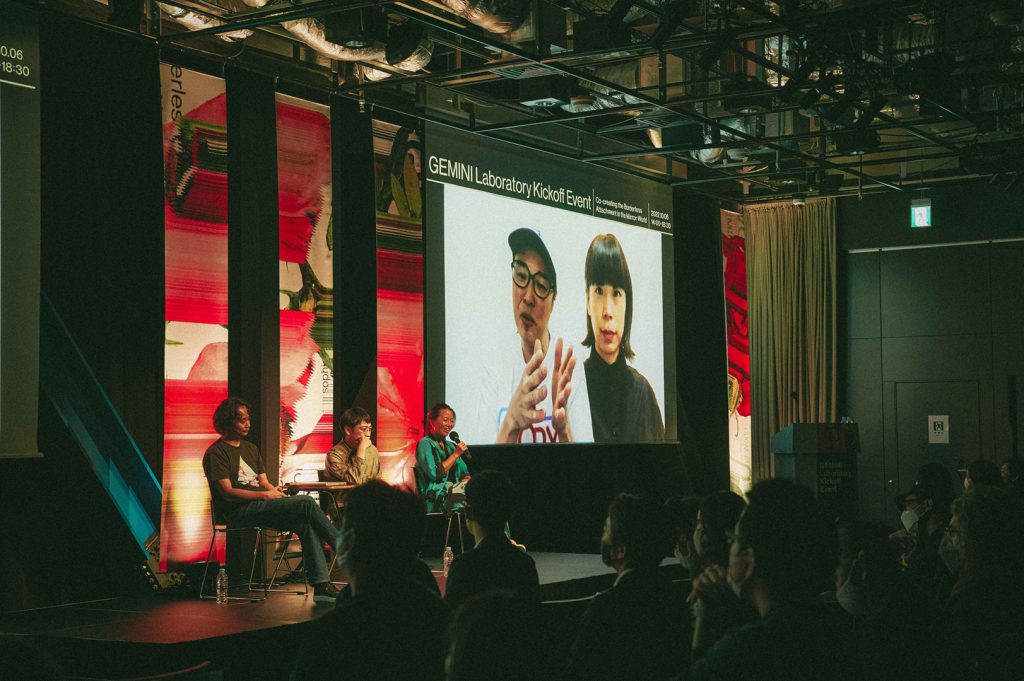
On the other hand, although the boundaries between the real and the virtual are becoming ambiguous, in reality, perfect fusion is by no means straightforward.
In a talk on the mirror world and culture, artist Mr. Takakura and planner/creative director Ms. Chinsho asked questions such as whether the Web3 community is really de-centralized and whether our fundamental communication has not changed despite the evolution of technology. They also discussed questions and challenges in a world where the physical and the virtual are one and the same, as well as the reaction of people who cannot easily accept new things.
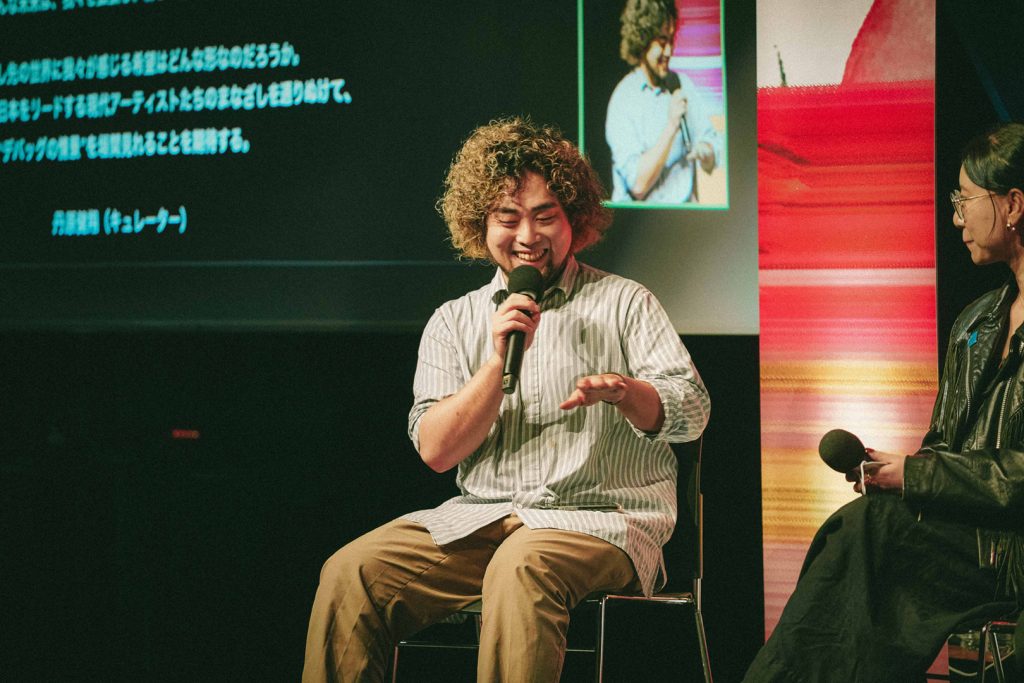
A future where a digital layer overlaps the city space
Currently, many development projects are being built by different players and completed within their respective fields. The GEMINI Laboratory is motivated by the desire to dissolve the boundaries between different cultures so that they will intermingle with each other, and to co-create a new future through trial and error in the same field, just like the various guests who took the stage at this kick-off event.
To that end, it may be necessary to blur the boundaries between creators and users by providing diverse entrances to the digital/virtual world in everyday physical spaces. Based on this hypothesis, issues and possibilities were discussed in the talk program Driving the Mirror World #Architecture #Urban from the perspectives of urban development, art, architecture, and more.
Mr. Yamaguchi of Psychic VR Lab, which provides the XR creative platform STYLY, envisions a future in which real spaces in cities will have multiple layers, and people live their lives while switching to the layer that best suits them. Mr. Ou Sugiyama of Mori Building, who worked on teamLab Borderless and other projects, also expressed his hope that “we are approaching a future where the entire city will be a place for creative expression.”
Mr. Toyoda, an architect, introduced his own experience teaching at a university, noting that the number of students who want to work with digital architecture has been increasing in recent years. “The younger generation today has far more experience playing Minecraft and Fortnite than they have with Baroque architecture, so it is natural for them to use those architectural styles as references. I think we have to do architectural history that treats Baroque and Gothic and Fortnite in parallel as architectural styles, and I think it will happen that this will emerge as a subjective common concept in the design of the physical world,” he said, looking ahead to the future.
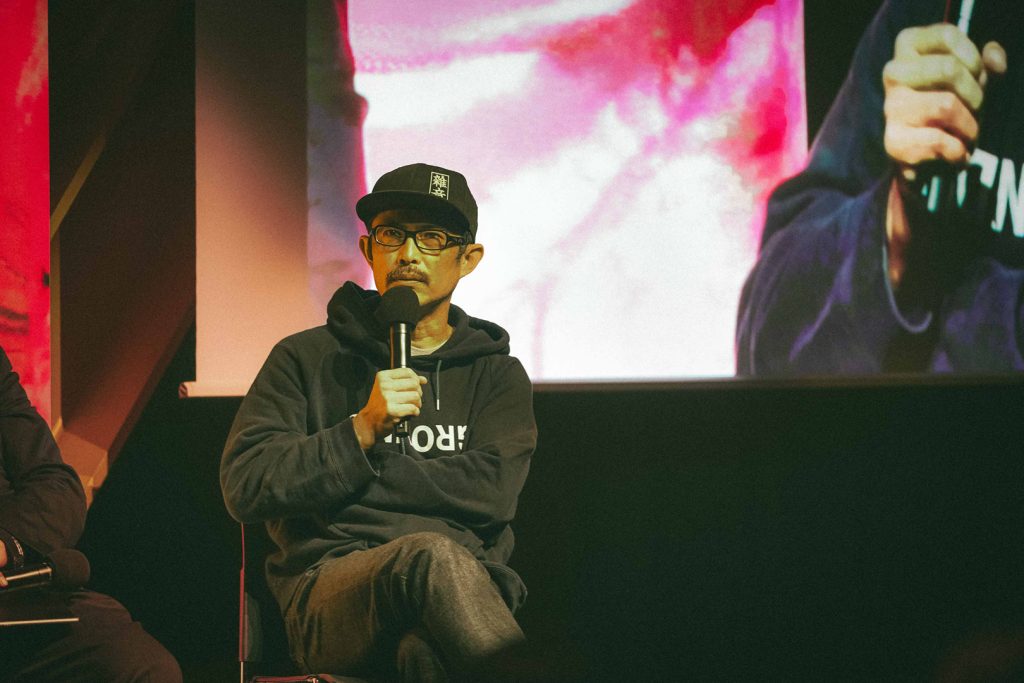
Possibilities of Social Participation Opened Up by the Mirror World
Digital spaces such as the metaverse and mirror worlds have often been heralded as platforms for overcoming the physical, economic, and legal constraints of reality, and as such, they often hold the promise of real democracy. The question that emerges for the future is: who will own and govern (digital spaces and digital communities)? In the real world, there are elections, signature campaigns, and protest demonstrations, but in the mirror world, what kind of social participation will be possible for citizens to express their intentions?
The final program featured a discussion on this question between Ms. Tominaga, a researcher in social movement theory, and Mr. Hirano, a novelist. According to Ms. Tominaga, the actual participation rate for demonstrations in Japan is basically low at about 5%. The reason for this seems to be the psychology of people who want to avoid identity revelation and face exposure by participating in a surveillance society where individuals can be easily identified.
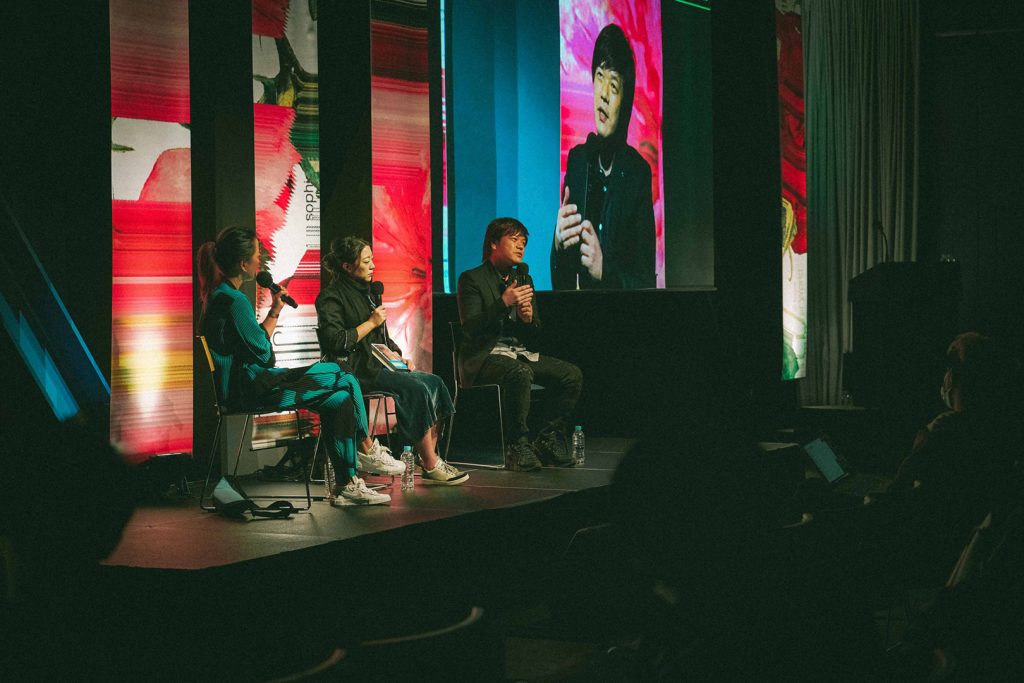
As for social participation in the new public space of the mirror world, they are favorable in that such people can gain anonymity that cannot be covered in reality. Ms. Tominaga points to the presence of young people and minorities who have had difficulty participating in conventional institutional politics, and says that social participation in mirror worlds is likely to give participants a sense of efficacy in terms of breaking down hierarchies such as nationality, age, and gender.
On the other hand, Mr. Hirano, who delicately depicted life and human relationships that move back and forth between the real and virtual worlds in his latest work “Honshin,” set in Japan 20 years from now, also expressed his opinion that “the current mirror world is limited to simulating design aspects such as spatial comfort and creating historical context.”
In the future, in order for social participation in the mirror world to actually demonstrate its effectiveness, it may be necessary to consider a different political design from the actual representative democracy. The process and politics themselves await the further use of technology.
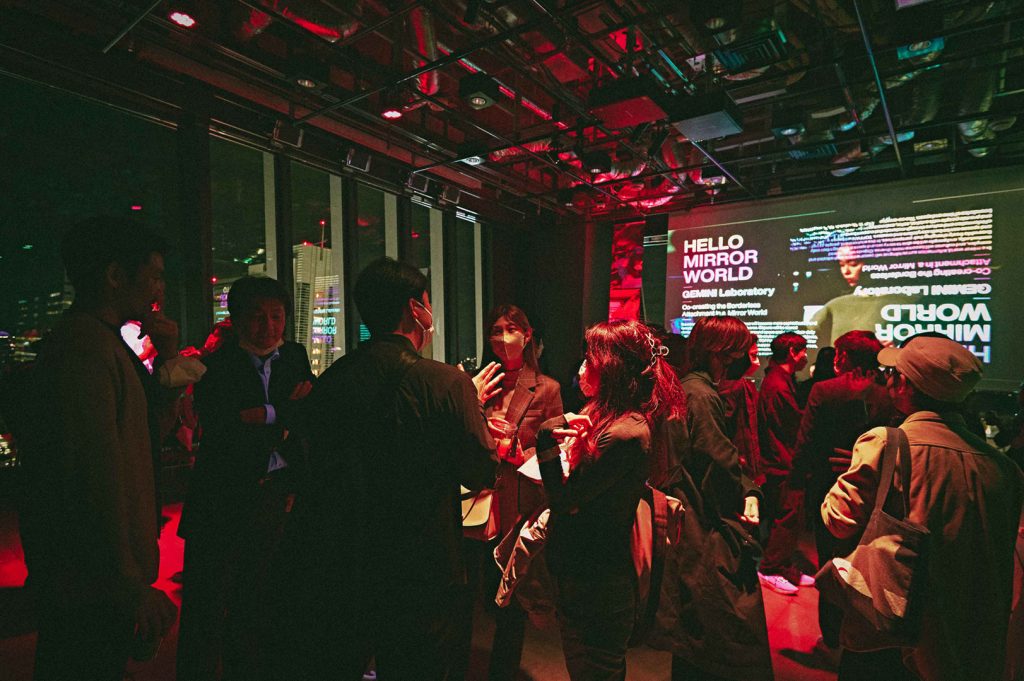
A world where the boundaries between the digital and physical, and the virtual and the real are fused. Looking ahead to the future, various perspectives were presented in the four-hour-long session, which brought up diverse ideas, issues, and possibilities, ranging from immersive experiences to social movements. The discussion that took place here can be viewed in its entirety on the YouTube channel. GEMINI Laboratory will continue to deepen these dialogues and connect them to the next co-creative action.
Co-created by
-
Mami Hidaka
Writer
Mami Hidaka
Writer
Artist/Writer. PR Assistant For NFT Related Companies. Born In Tokyo, Japan. Graduated In 2018 From The Department Of Painting, Tama Art University, With A Major In Oil Painting, And Awarded The Prize For Excellence In Graduation Works. As A Contributor To The Art Magazine "BIJUTSUTECHO" Since 2018, And Also Writes For "I-D", "Tattva", "BRUTUS", And Other Publications, Focusing On Contemporary Art And Capturing Culture From A Variety Of Perspectives.
-
Aya Suzuki
Photographer
Aya Suzuki
Photographer
1987 Born In Kanagawa
2017 Working Based In Tokyo- AYASUZUKI: https://ayasuzuki.tokyo/
Tag
Share
Discussion
Index
Index
Archives
Recommend
Recommend
Recommend
Recommend
Recommend
-

{ Prototype }
GEMINI Laboratory GLOBAL DESIGN AWARDS WINNERS ANNOUNCEMENT
GEMINI Laboratory GLOBAL DESIGN AWARDS WINNERS ANNOUNCEMENT
GEMINI Laboratory GLOBAL DESIGN AWARDS WINNERS ANNOUNCEMENT
-

{ Community }
The world of digital art as seen by top Taiwanese designer Aaron Nieh.
The world of digital art as seen by top Taiwanese designer Aaron Nieh.
The world of digital art as seen by top Taiwanese designer Aaron Nieh.
-

{ Community }
AR In The Everyday
AR In The Everyday
AR In The Everyday
-

{ Community }
Revolutionising Fashion in the Mirror World with The Fabricant
Revolutionising Fashion in the Mirror World with The Fabricant
Revolutionising Fashion in the Mirror World with The Fabricant
-

{ Community }
The Art Director Of Cluster Talks About UI/UX Design Of “A World Without Touch”
The Art Director Of Cluster Talks About UI/UX Design Of “A World Without Touch”
The Art Director Of Cluster Talks About UI/UX Design Of “A World Without Touch”
Hot topics
Hot topics
Hot topics
Hot topics
Hot topics
-

{ Prototype }
GEMINI Laboratory GLOBAL DESIGN AWARDS WINNERS ANNOUNCEMENT
GEMINI Laboratory GLOBAL DESIGN AWARDS WINNERS ANNOUNCEMENT
GEMINI Laboratory GLOBAL DESIGN AWARDS WINNERS ANNOUNCEMENT
-

{ Community }
Scenting the metaverse with olfactory futurist, Olivia Jezler
Scenting the metaverse with olfactory futurist, Olivia Jezler
Scenting the metaverse with olfactory futurist, Olivia Jezler
-

{ Community }
Architect Mark Foster Gage: Kitbashing opens up design possibilities
Architect Mark Foster Gage: Kitbashing opens up design possibilities
Architect Mark Foster Gage: Kitbashing opens up design possibilities
-

{ Community }
Fashion Historian Pamela Golban: Beyond the Fusion of Virtual and Physical
Fashion Historian Pamela Golban: Beyond the Fusion of Virtual and Physical
Fashion Historian Pamela Golban: Beyond the Fusion of Virtual and Physical
-

{ Community }
Ars Electronica’s Hideaki Ogawa on the Happy Relationship between Media Art and the City
Ars Electronica’s Hideaki Ogawa on the Happy Relationship between Media Art and the City
Ars Electronica’s Hideaki Ogawa on the Happy Relationship between Media Art and the City
-

{ Community }
Unlocking New Worlds: How Gaming is Leading Southeast Asia’s Journey into Web3
Unlocking New Worlds: How Gaming is Leading Southeast Asia’s Journey into Web3
Unlocking New Worlds: How Gaming is Leading Southeast Asia’s Journey into Web3
-

{ Community }
Tomihiro Kono, who also designs wigs for Björk, explores multiple areas of creativity, including 2D, 3D, and AR
Tomihiro Kono, who also designs wigs for Björk, explores multiple areas of creativity, including 2D, 3D, and AR
Tomihiro Kono, who also designs wigs for Björk, explores multiple areas of creativity, including 2D, 3D, and AR
Special
Special
Special
Special
Special
Featured articles spun from unique perspectives.
What Is
“mirror world”...
What Is
“mirror world”...
What Is
“mirror world”...
What Is
“mirror world”...
What Is
“mirror world”...
“mirror world”... What Is
“mirror world”... What Is
“mirror world”... What Is
“mirror world”... What Is
“mirror world”...
Go Down
Go Down
Go Down
Go Down
Go Down
The Rabbit
The Rabbit
The Rabbit
The Rabbit
The Rabbit
Hole!
Hole!
Hole!
Hole!
Hole!
Welcome To Wonderland! Would You Like To Participate In PROJECT GEMINI?

